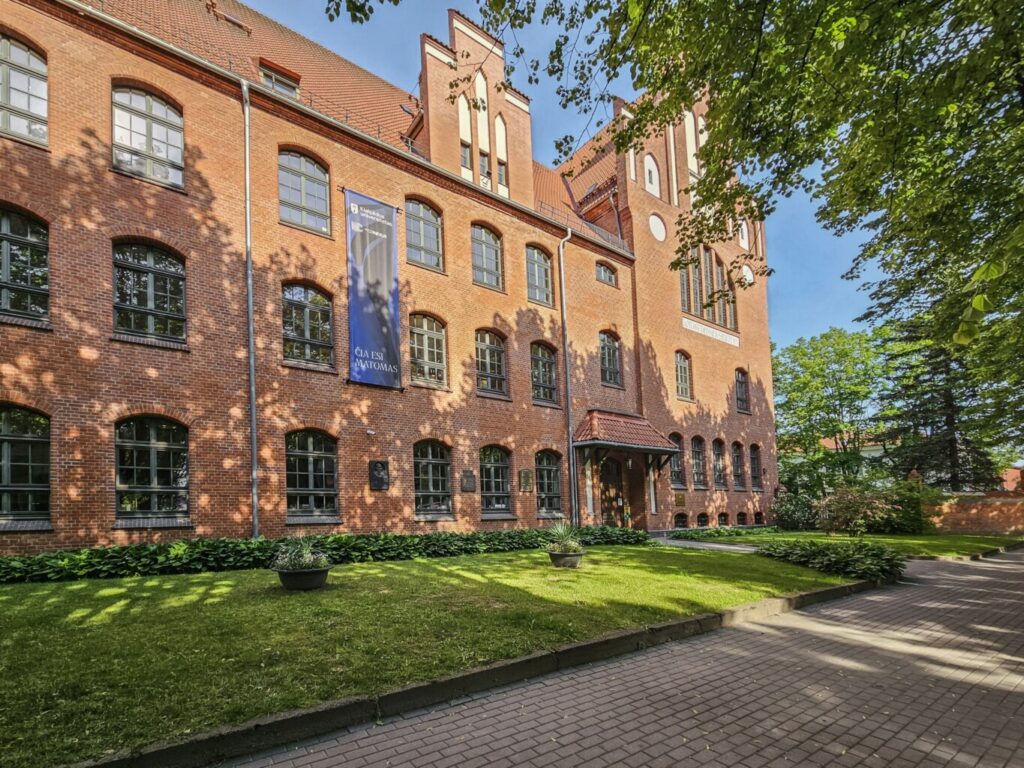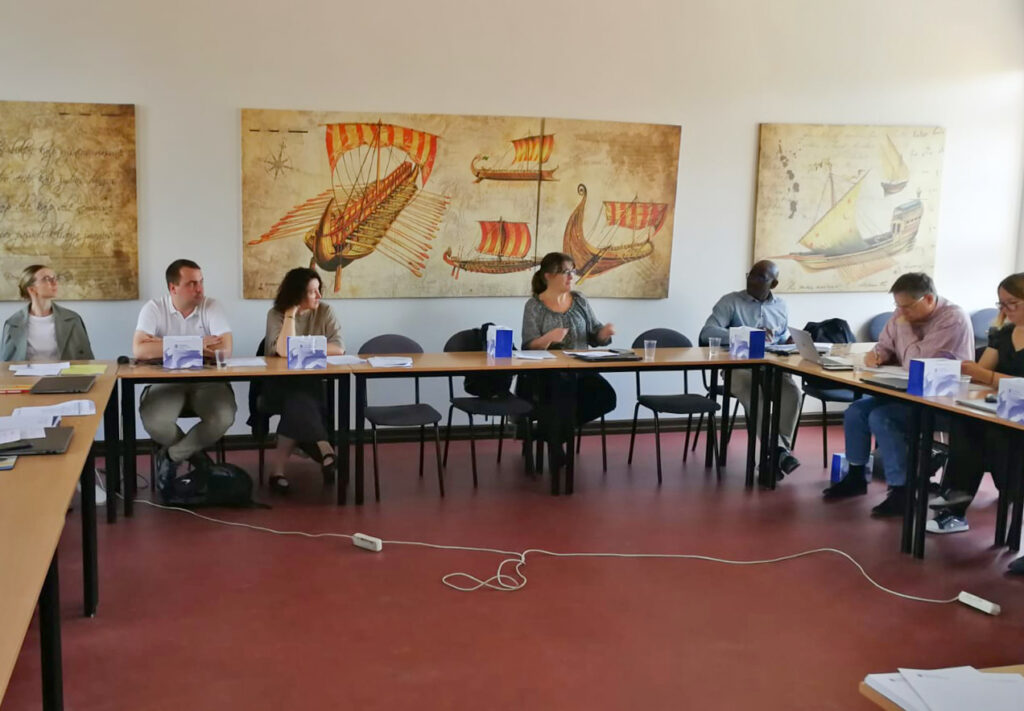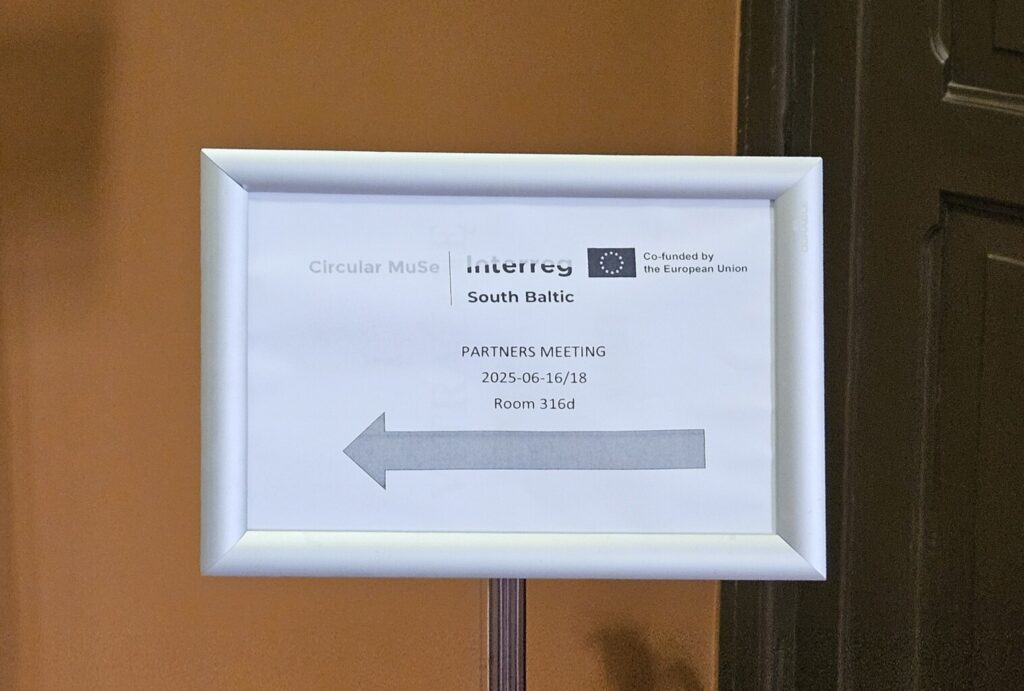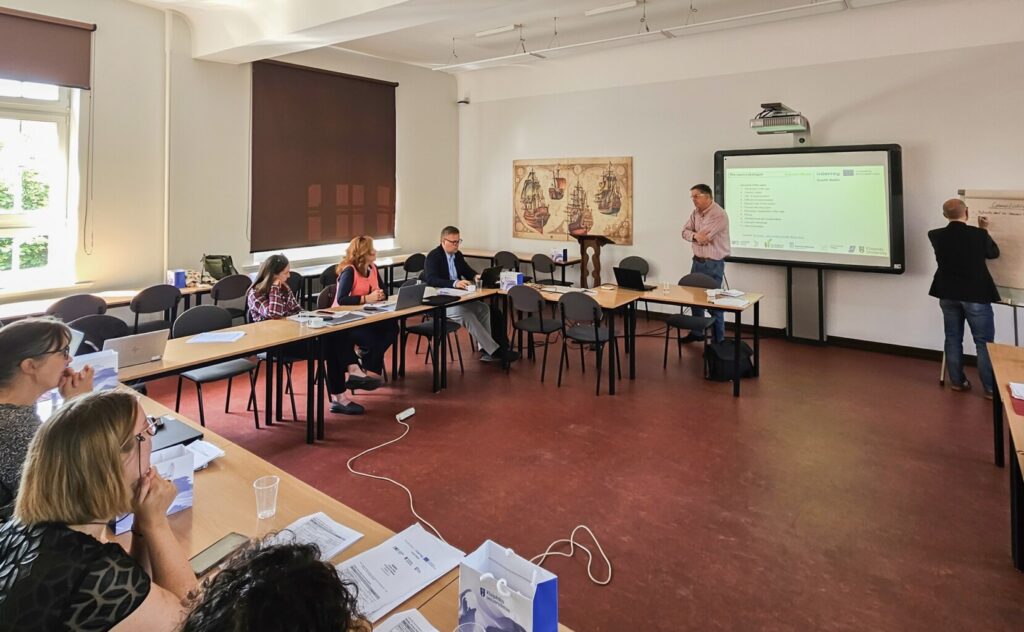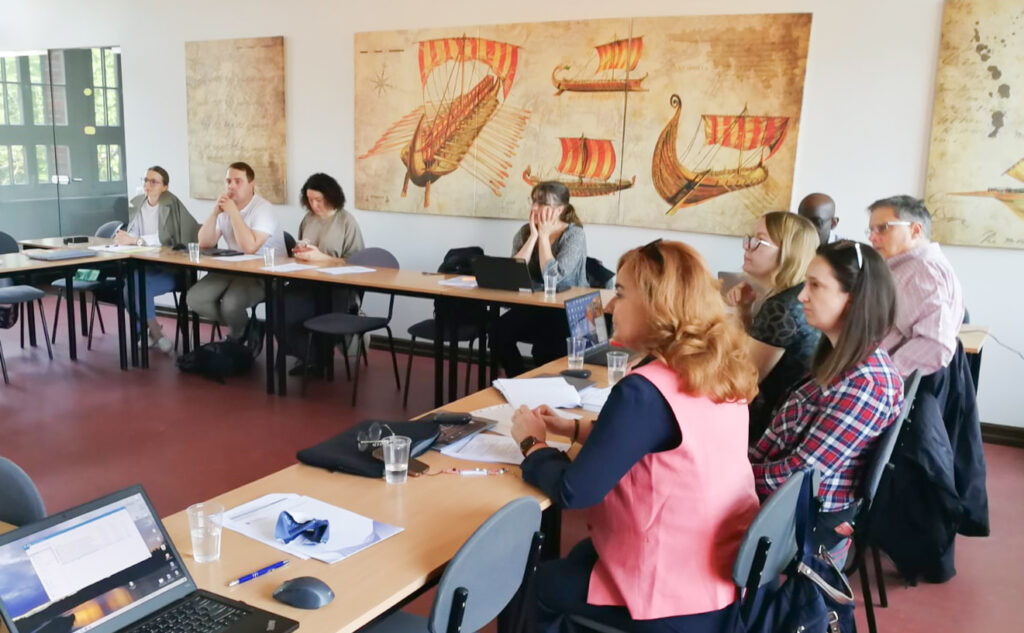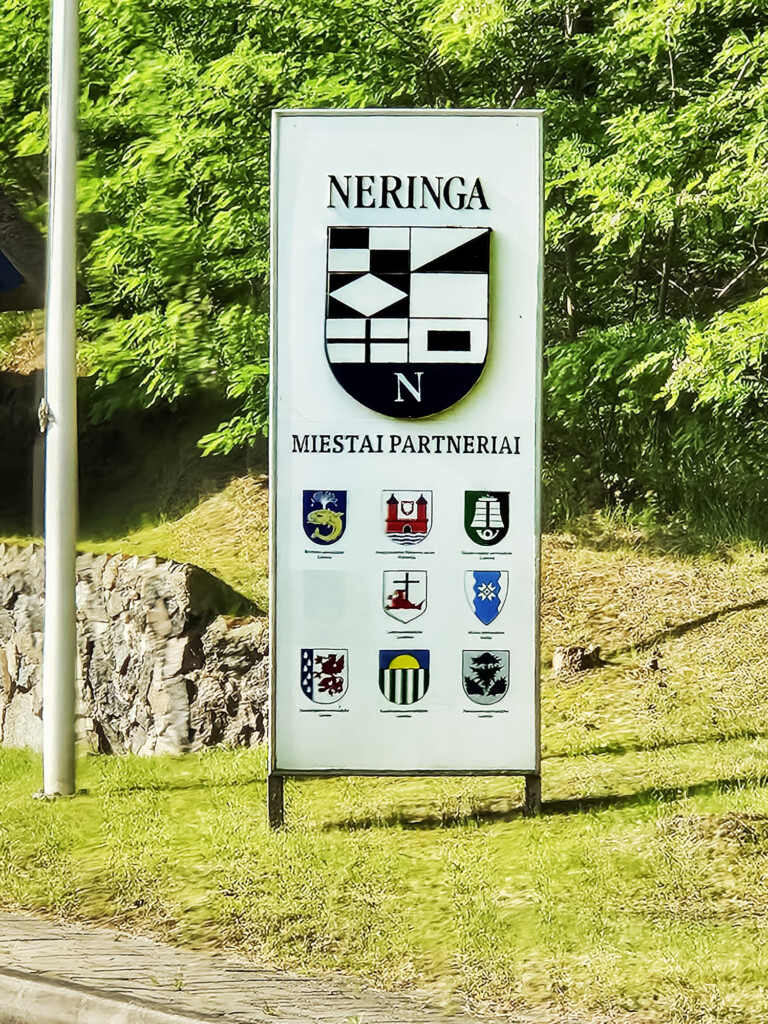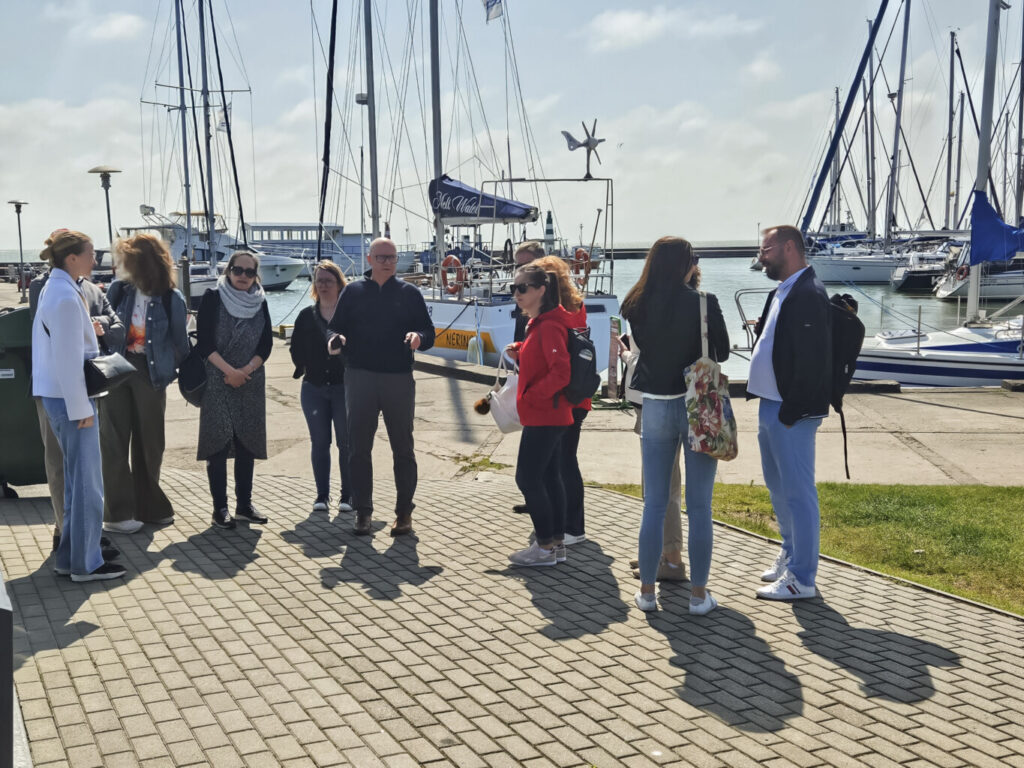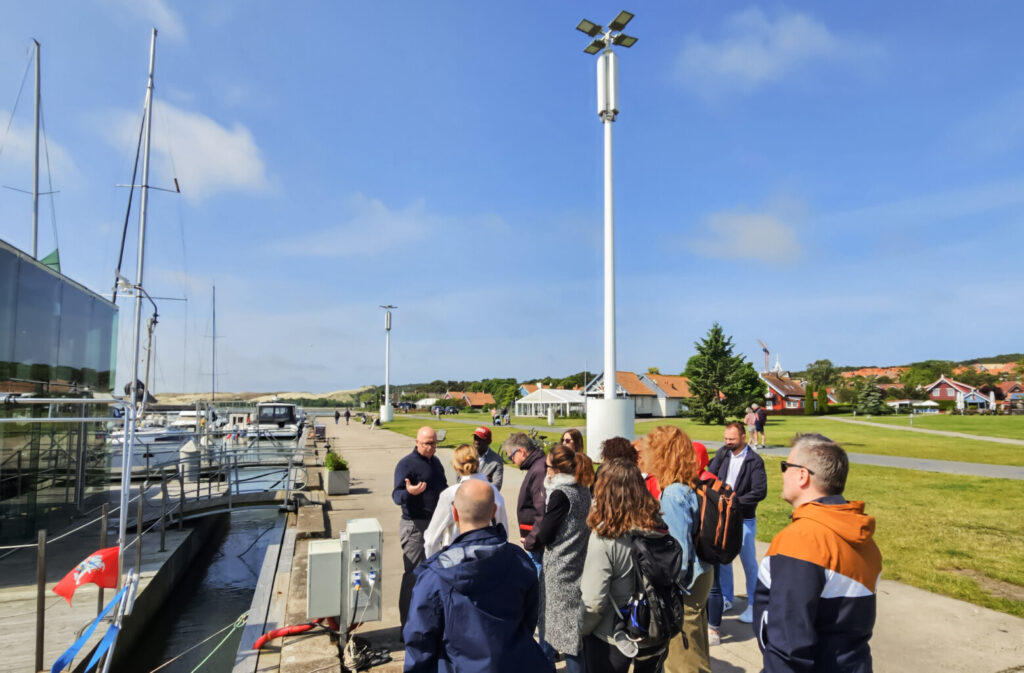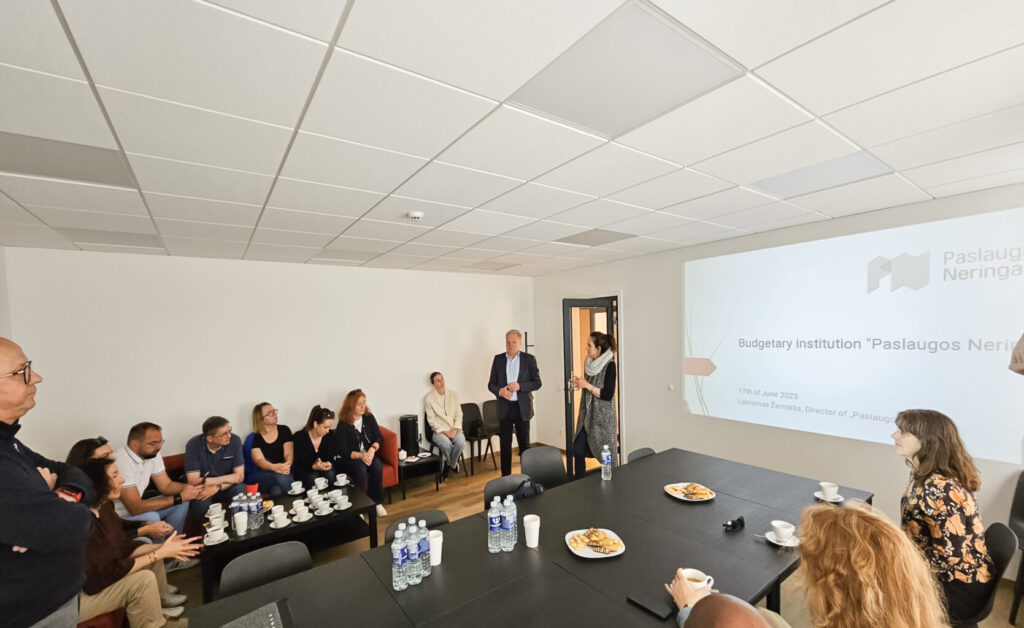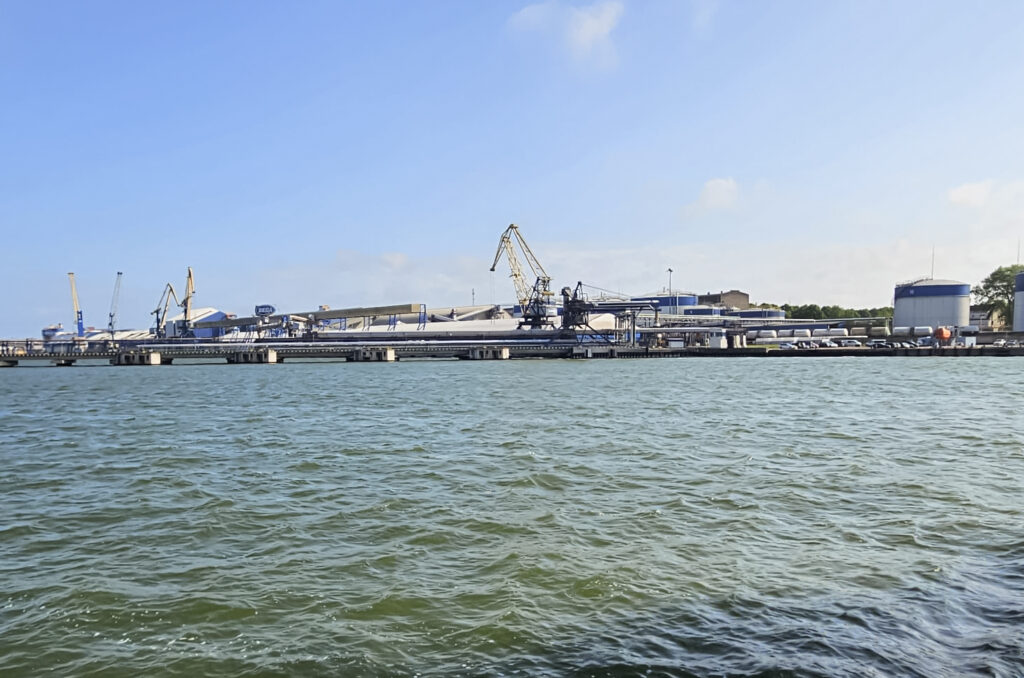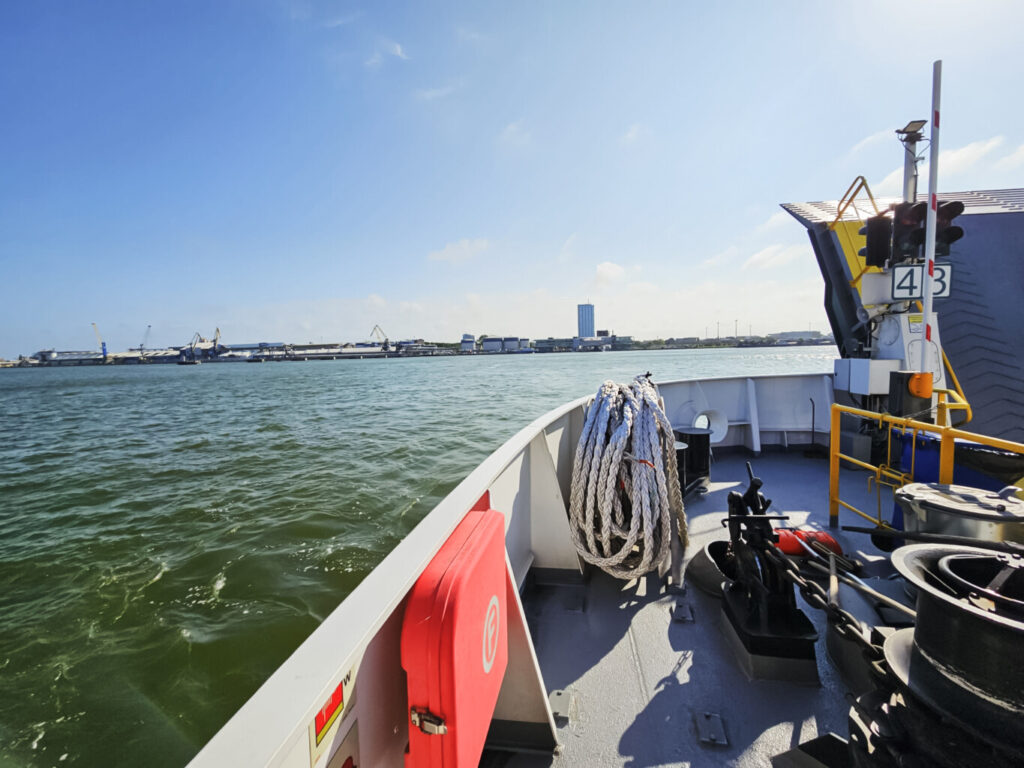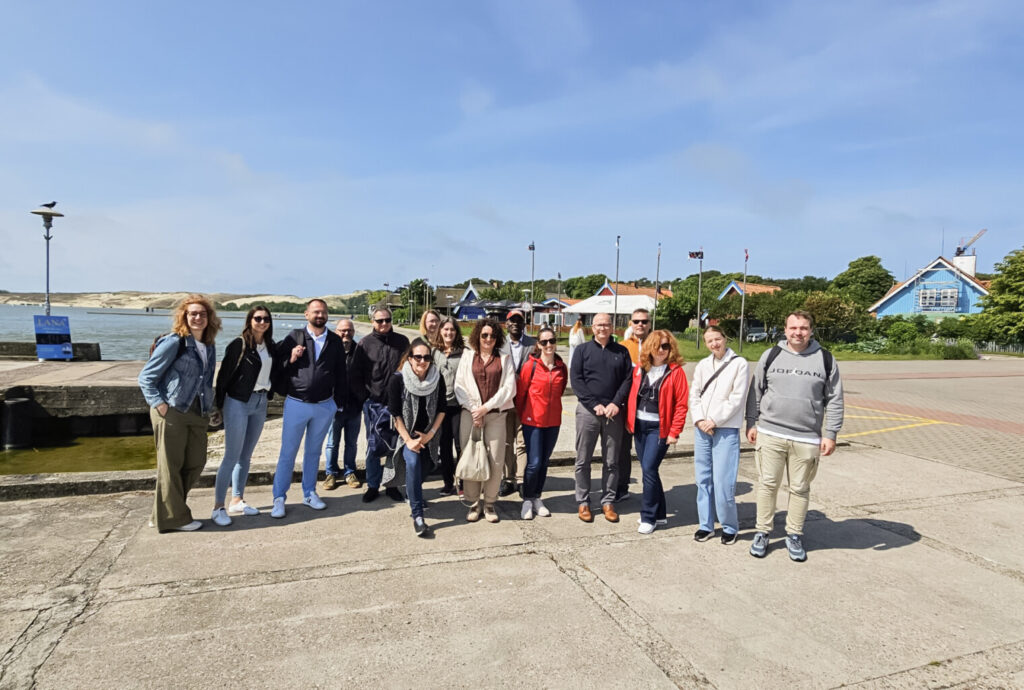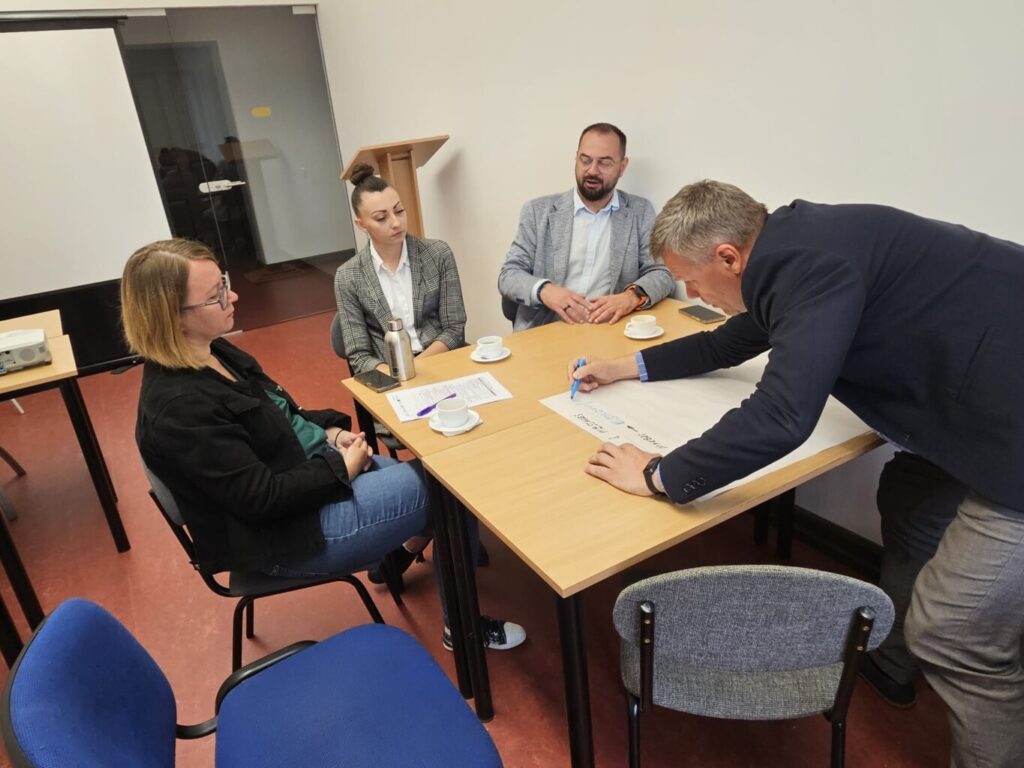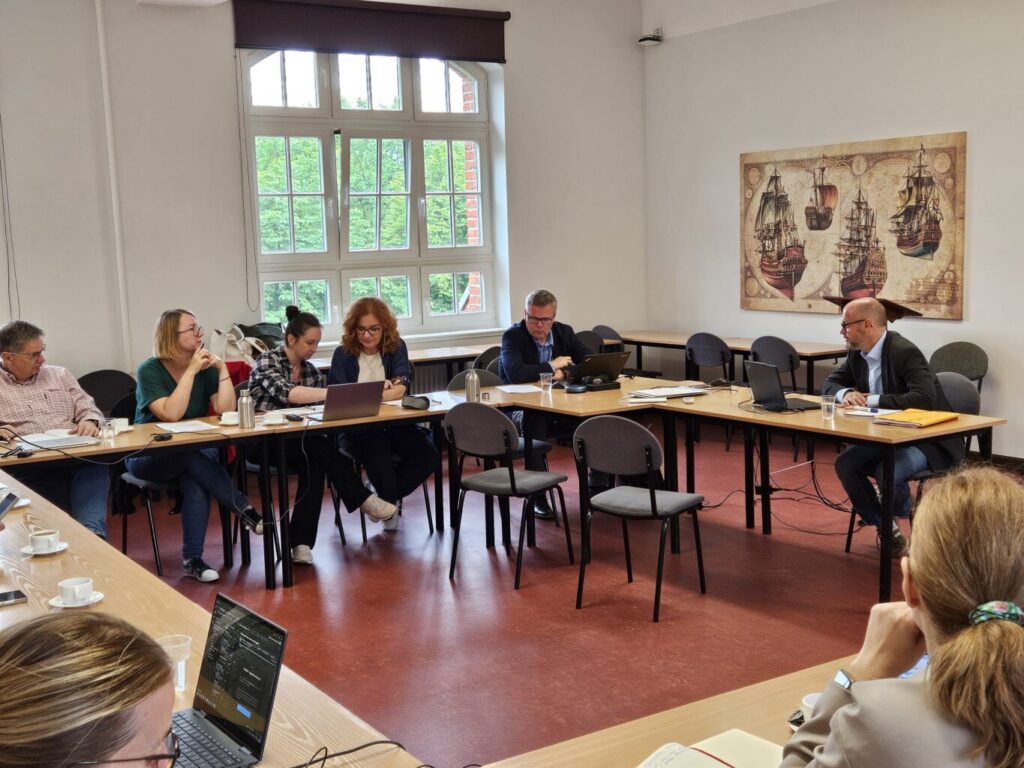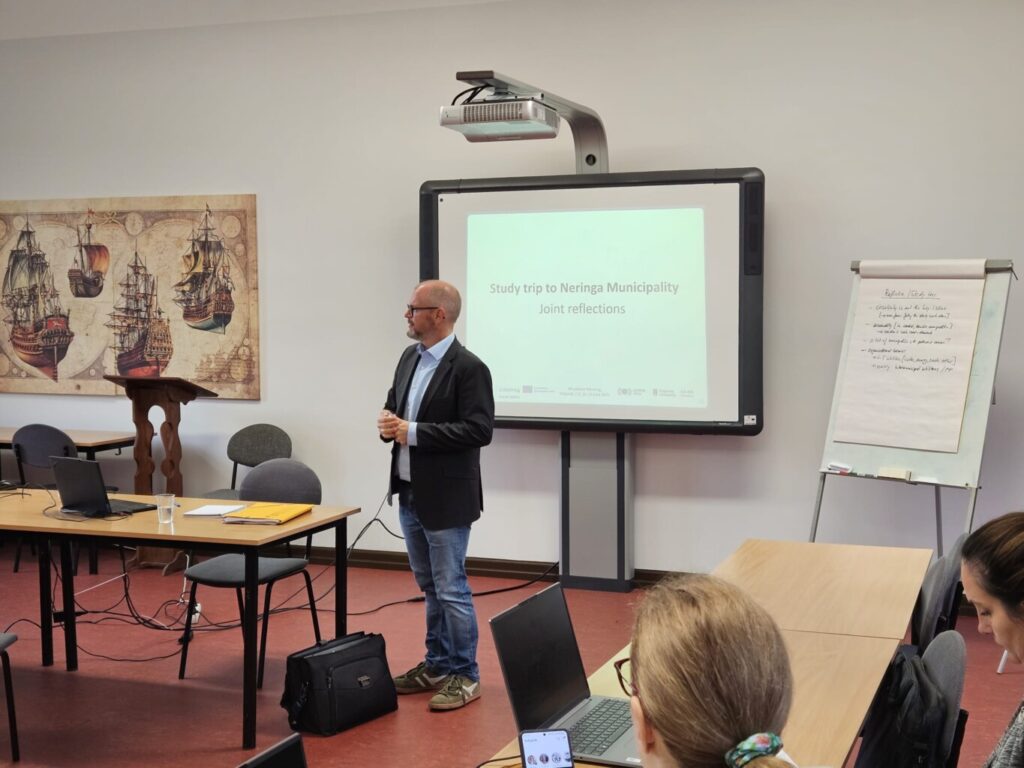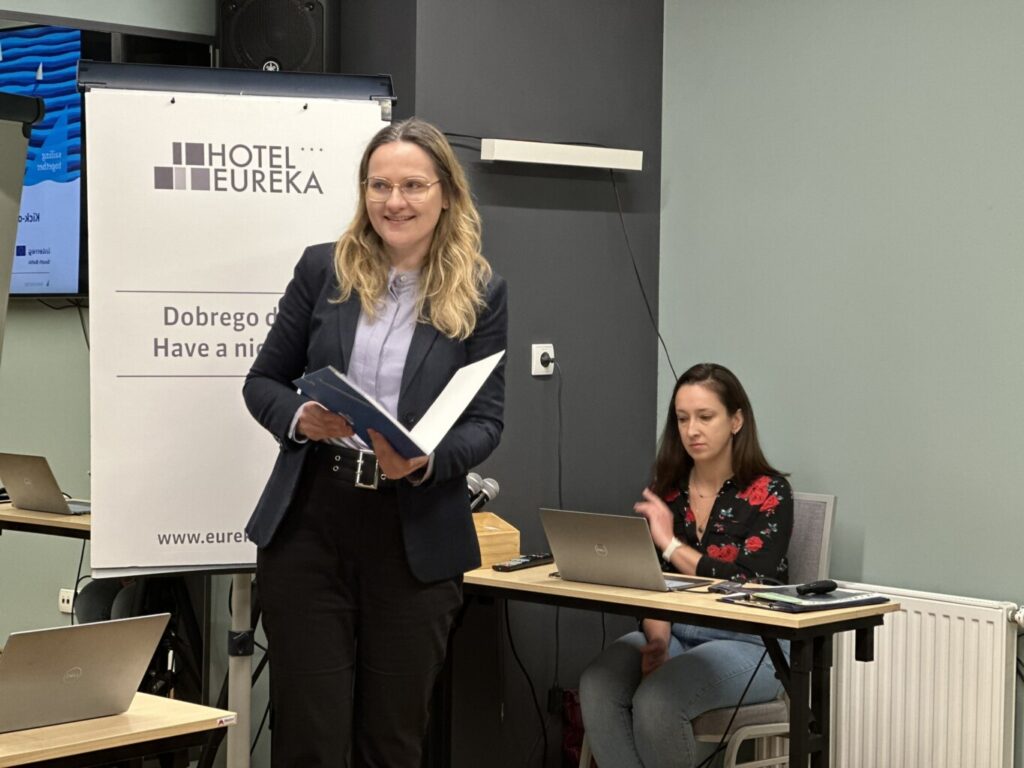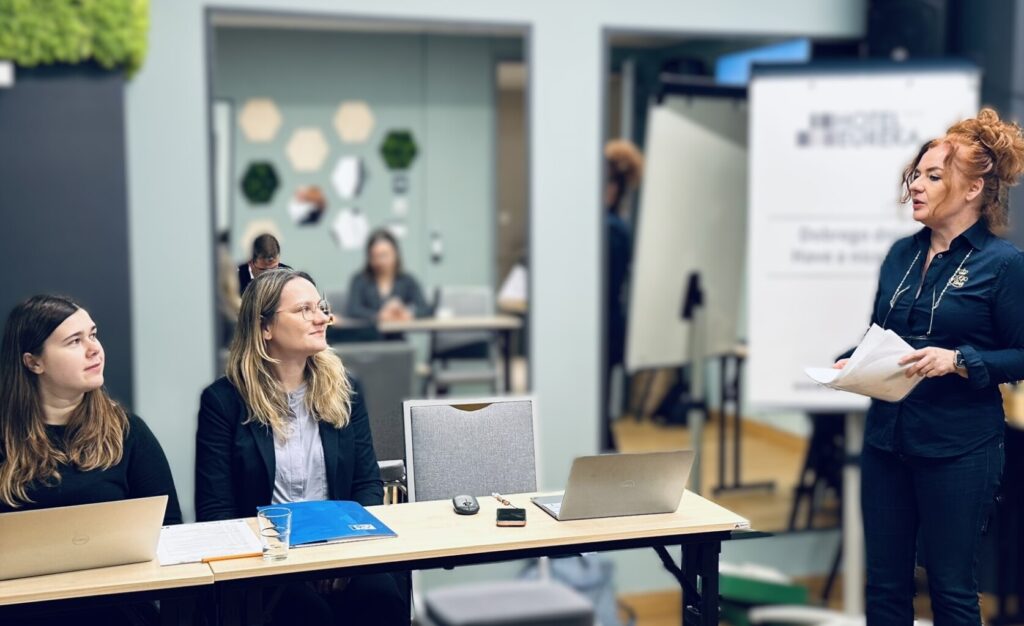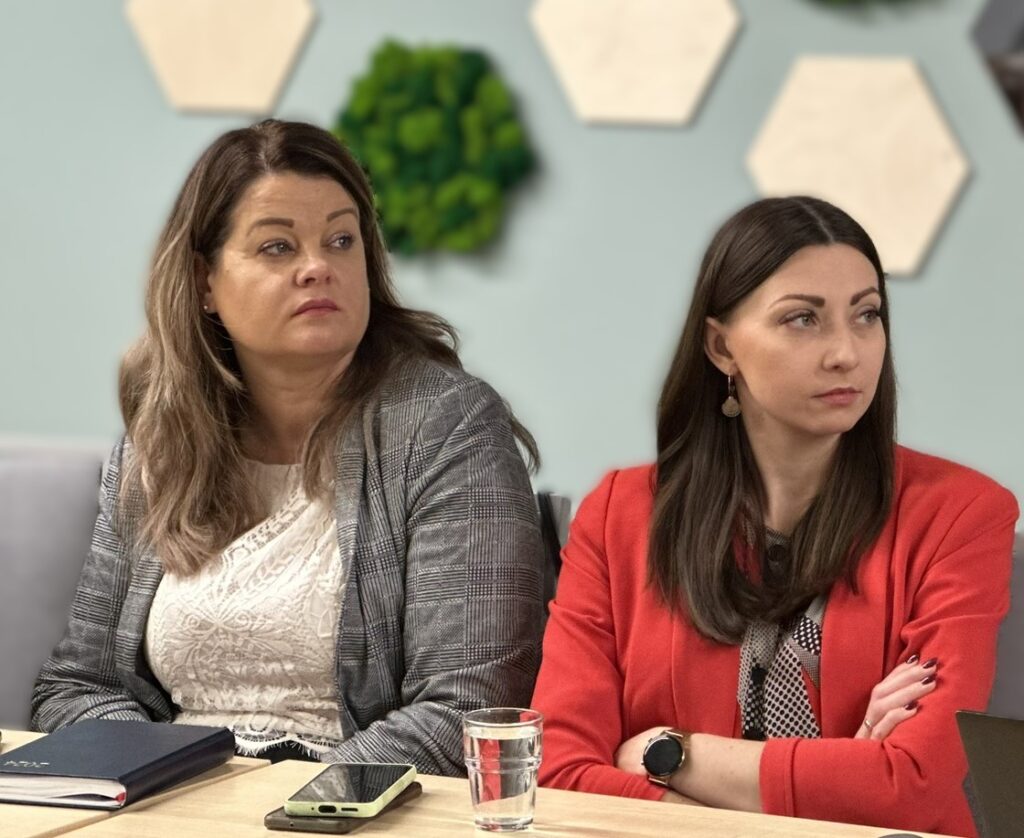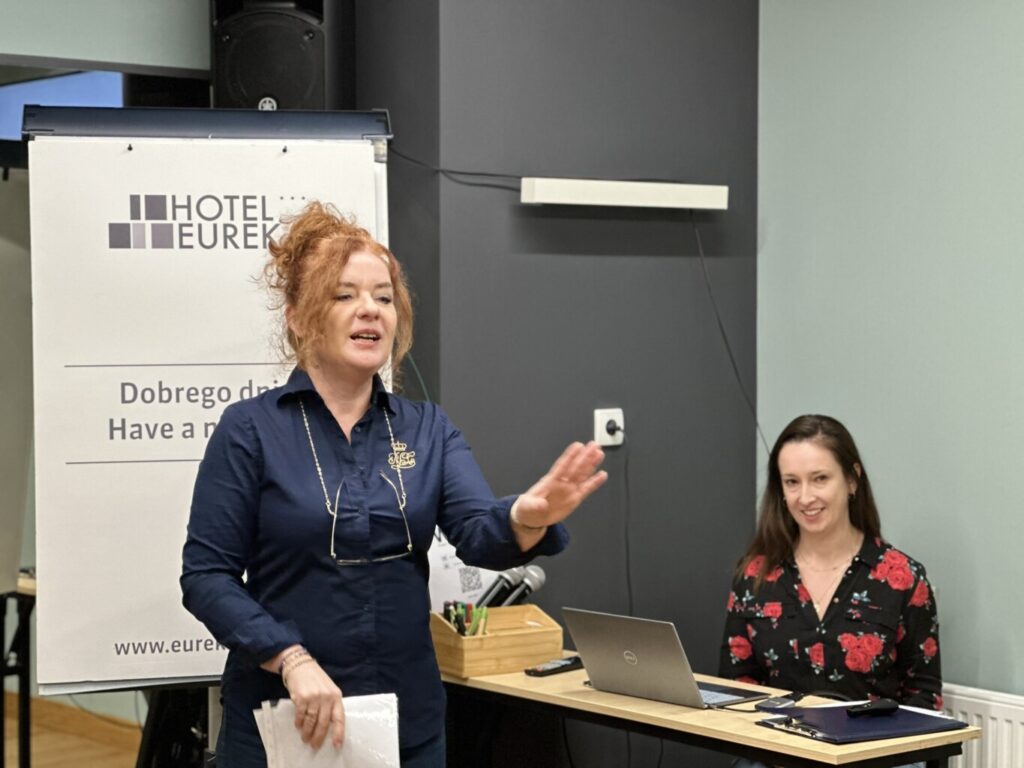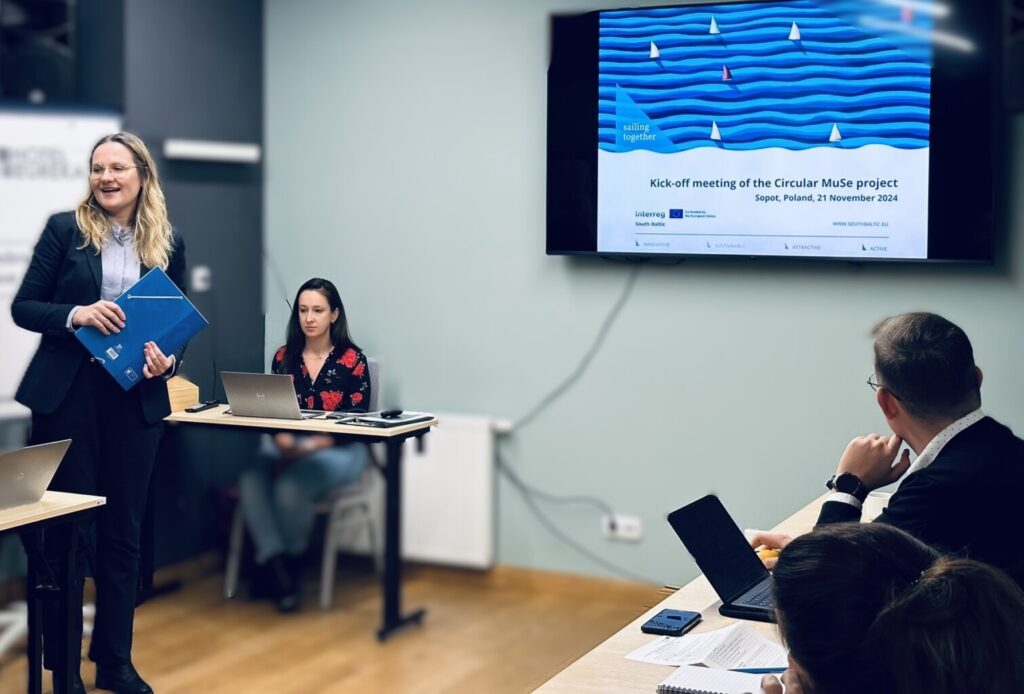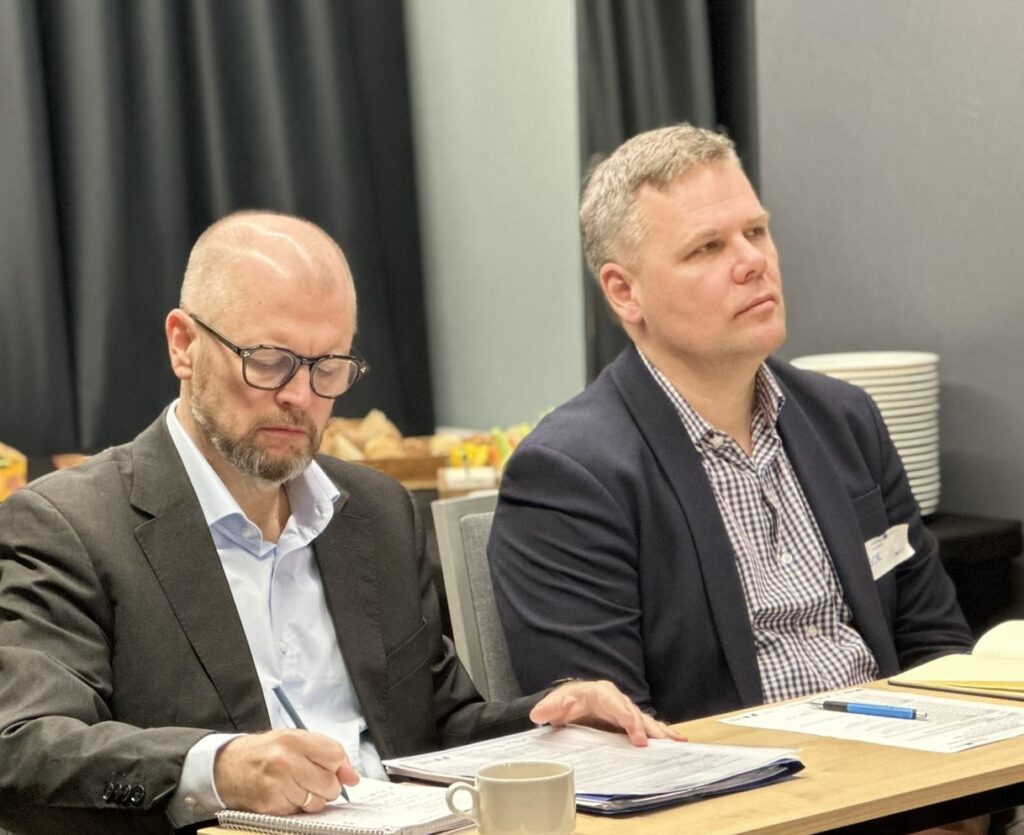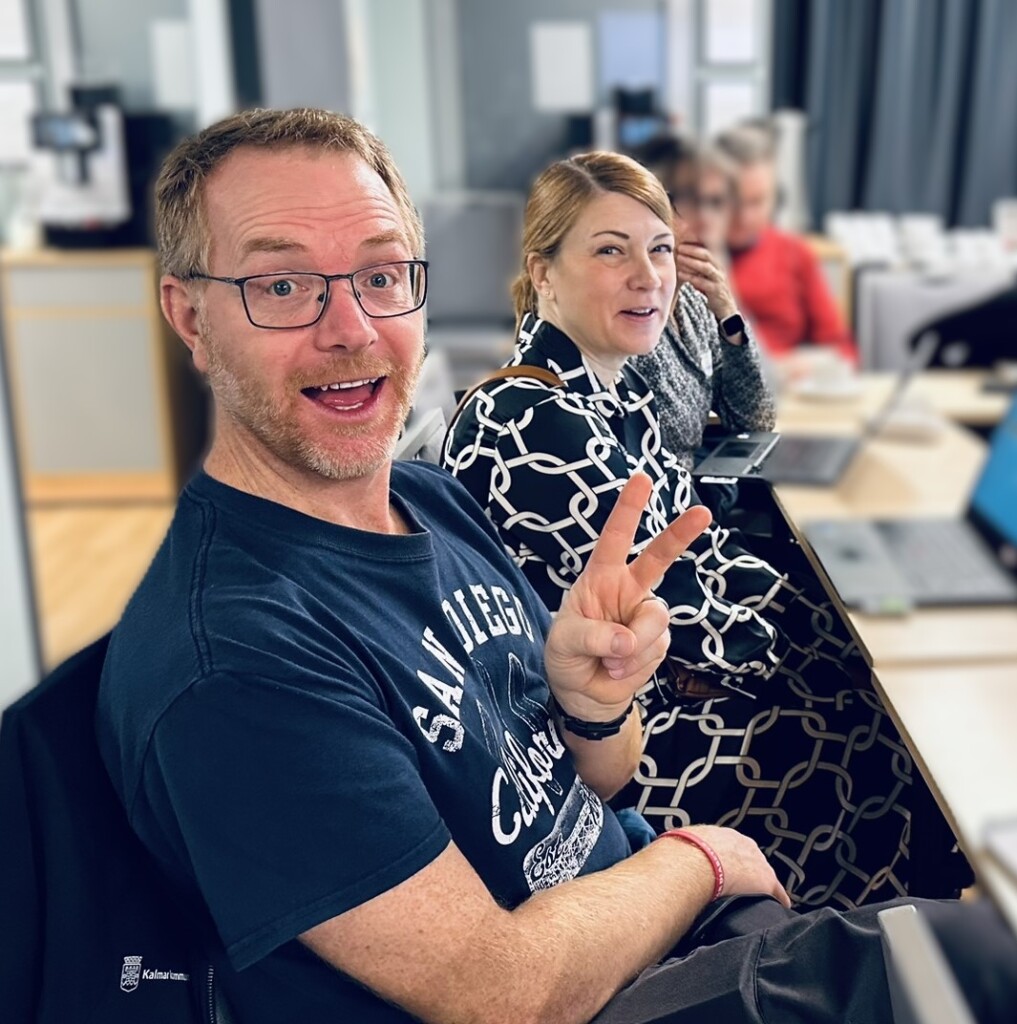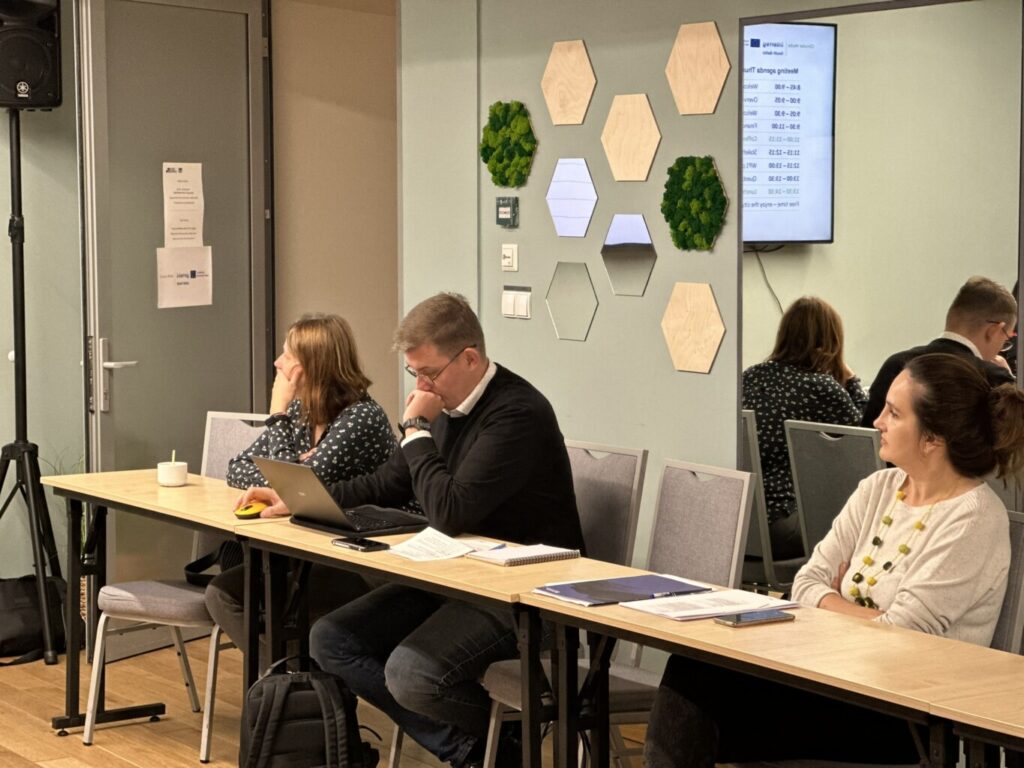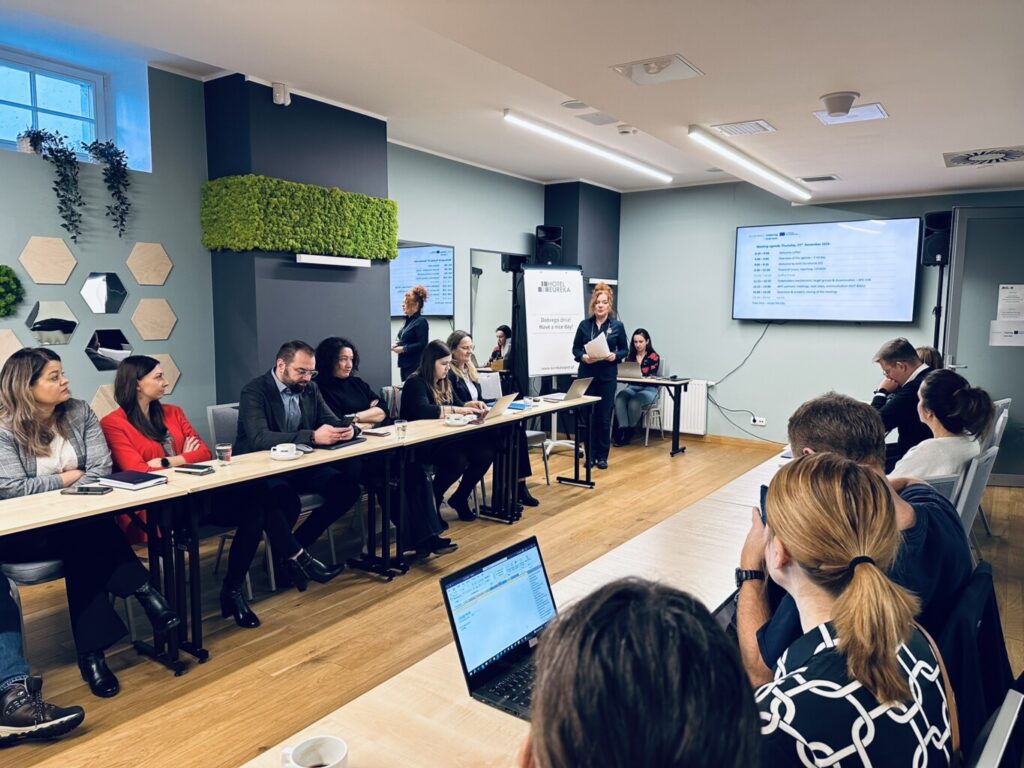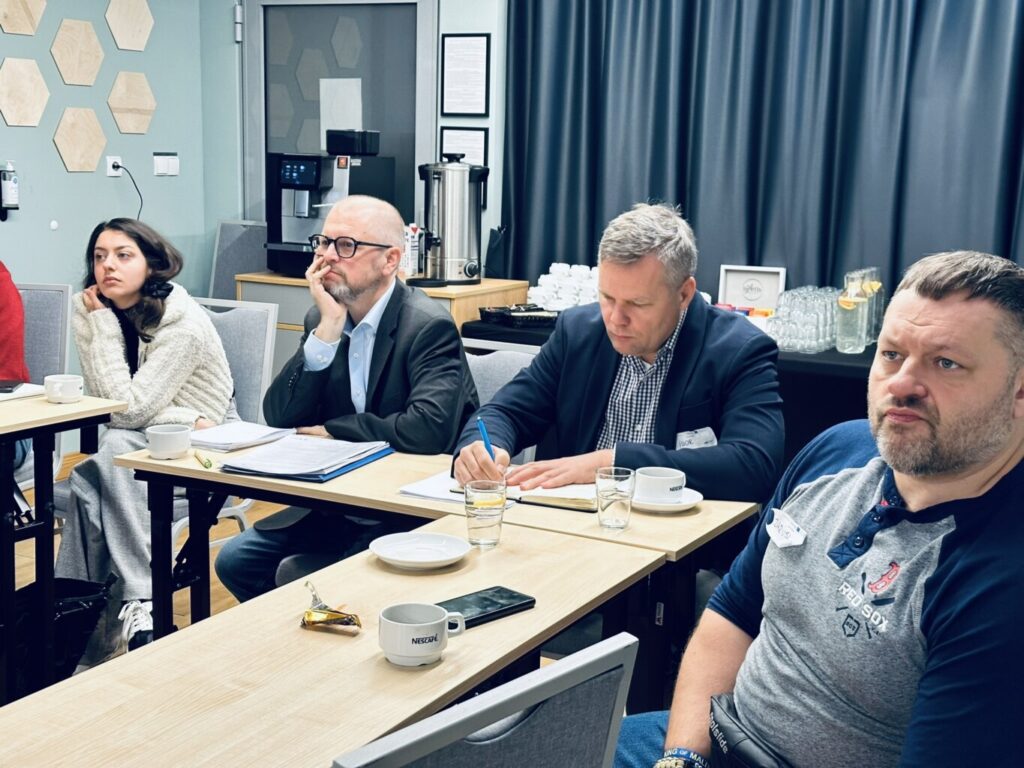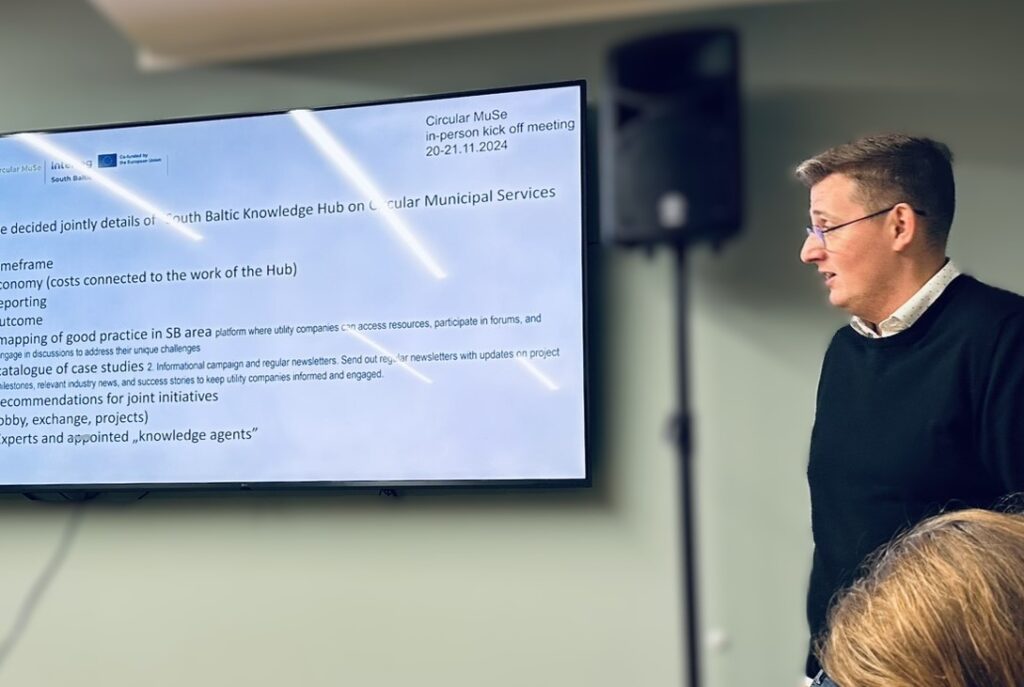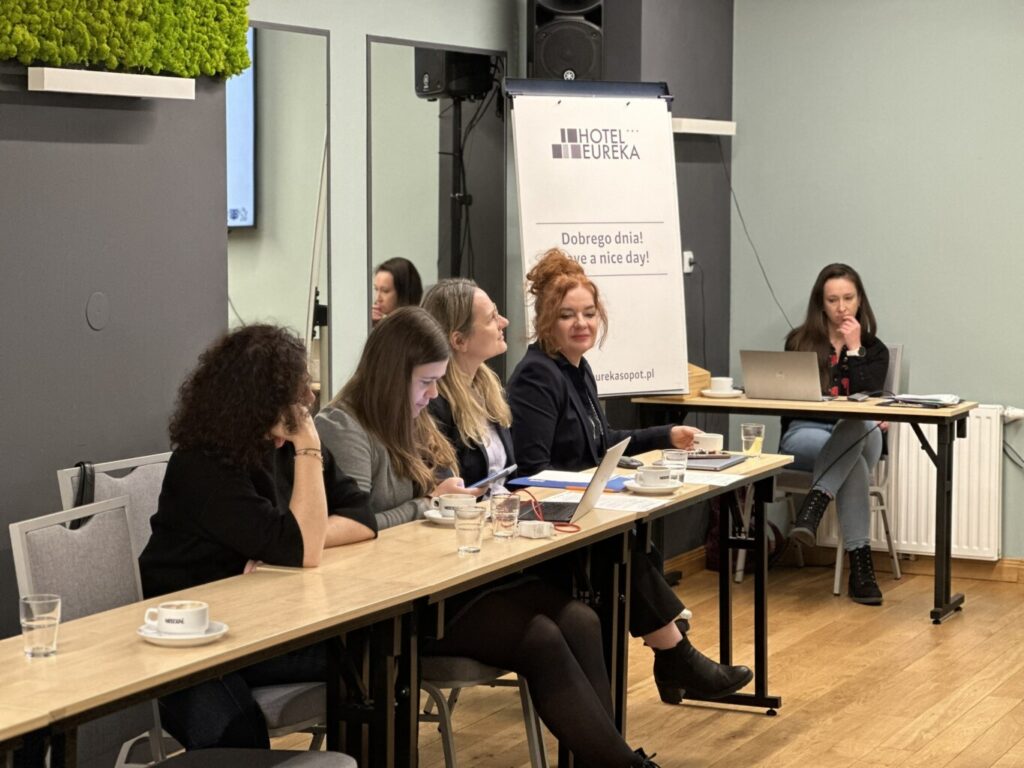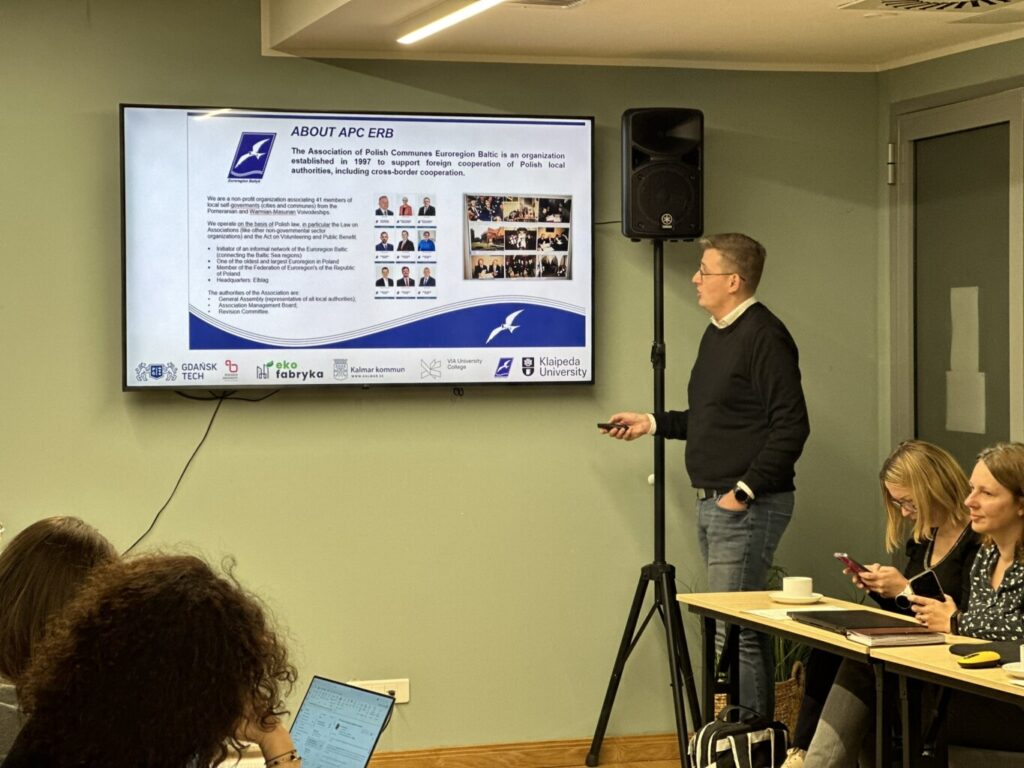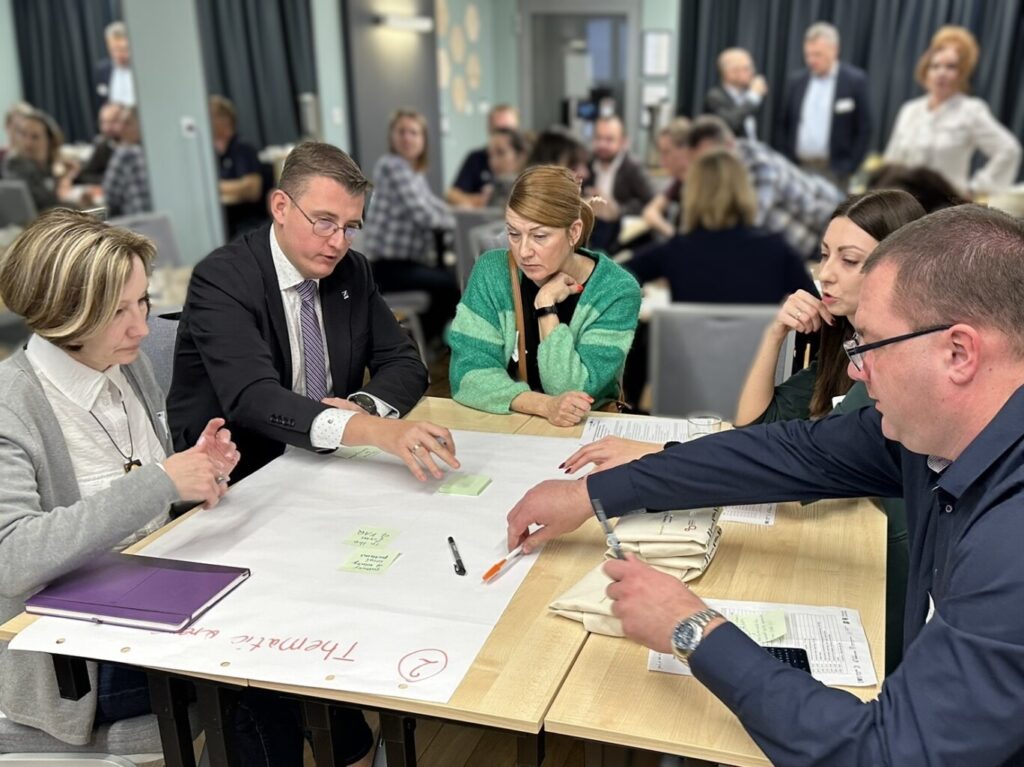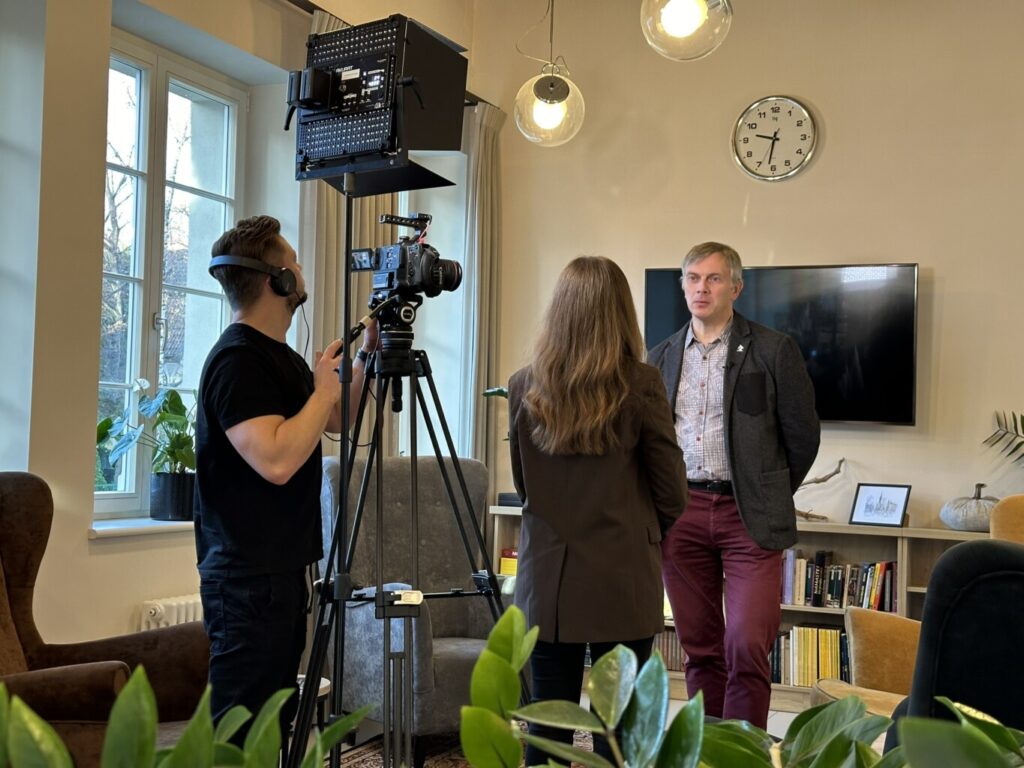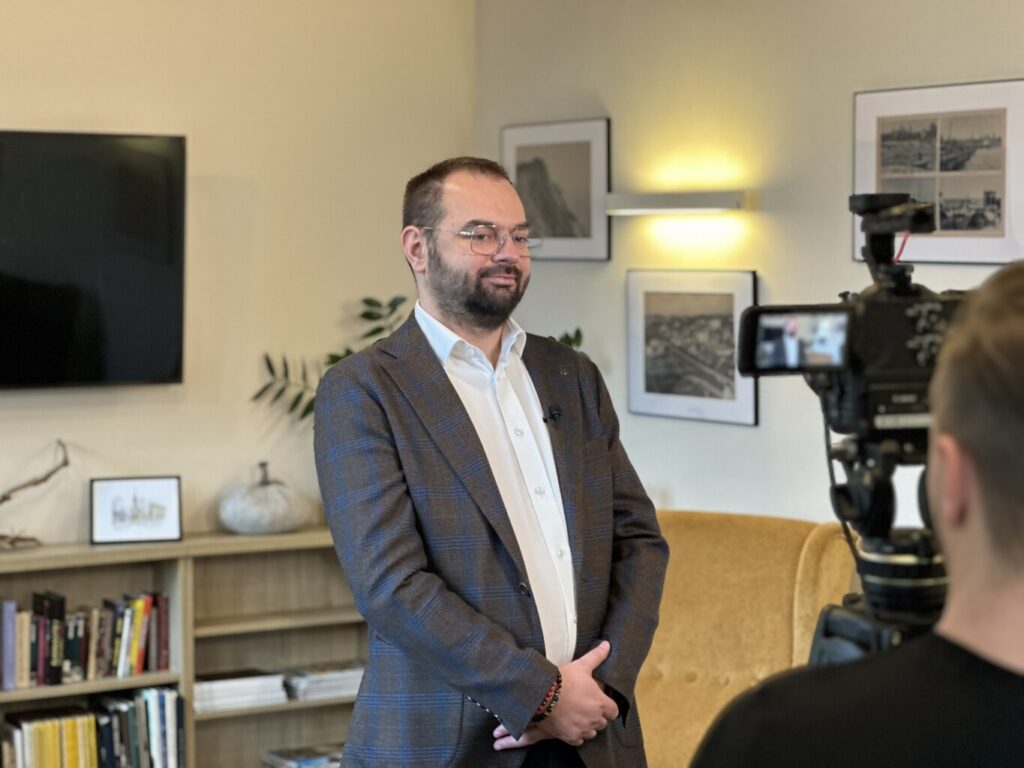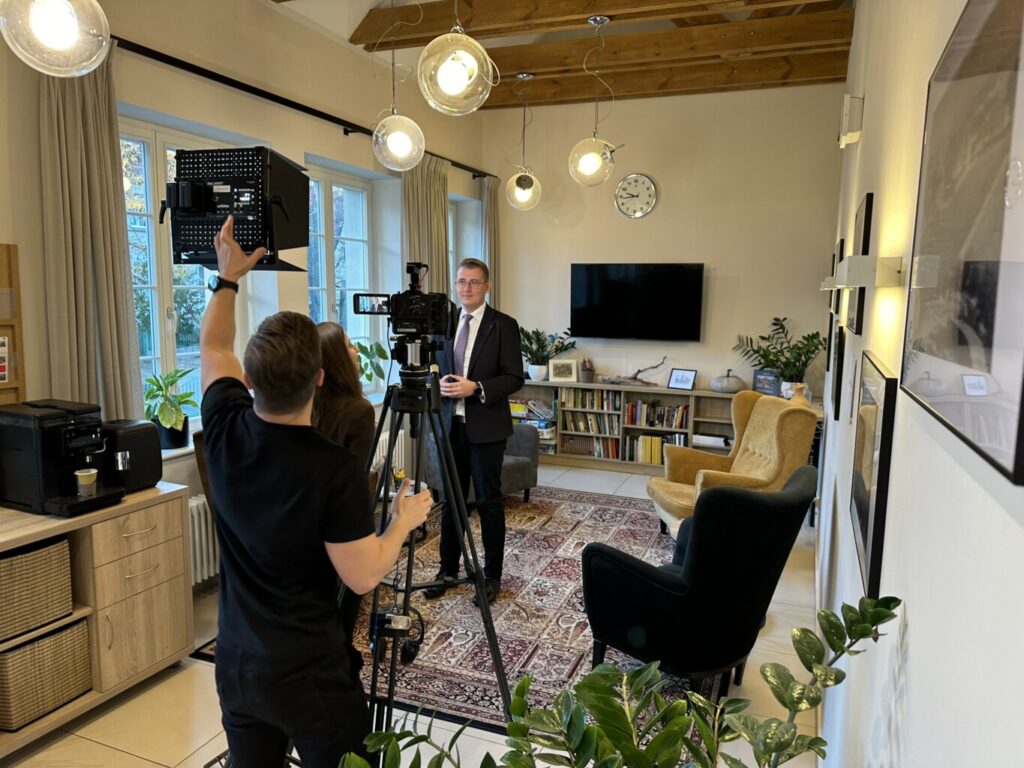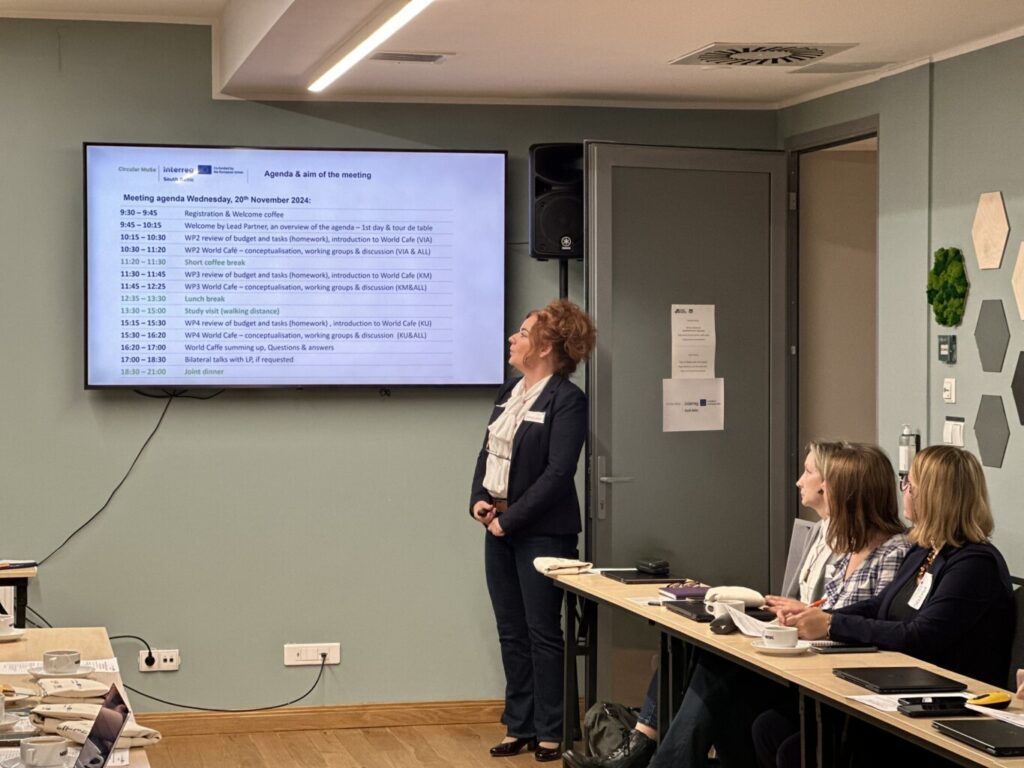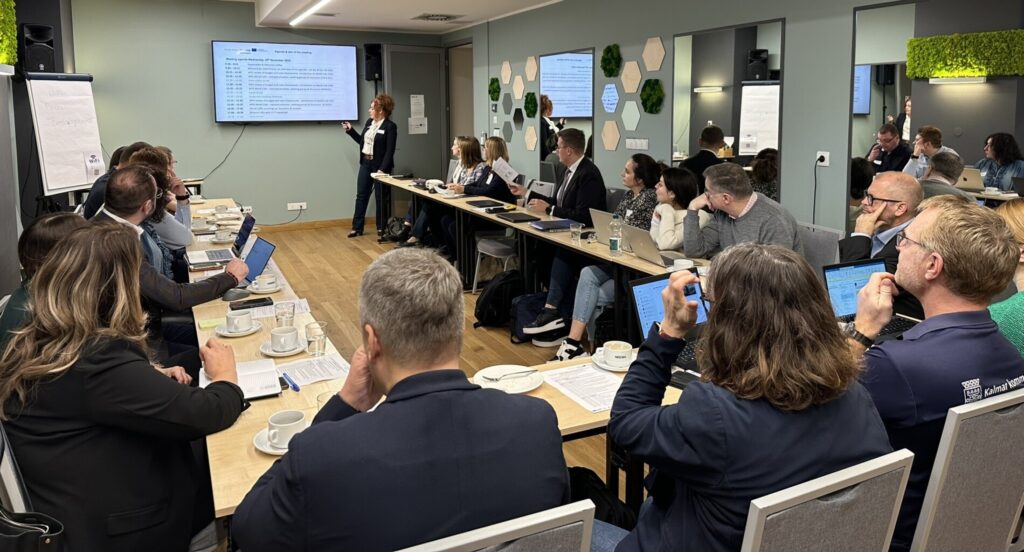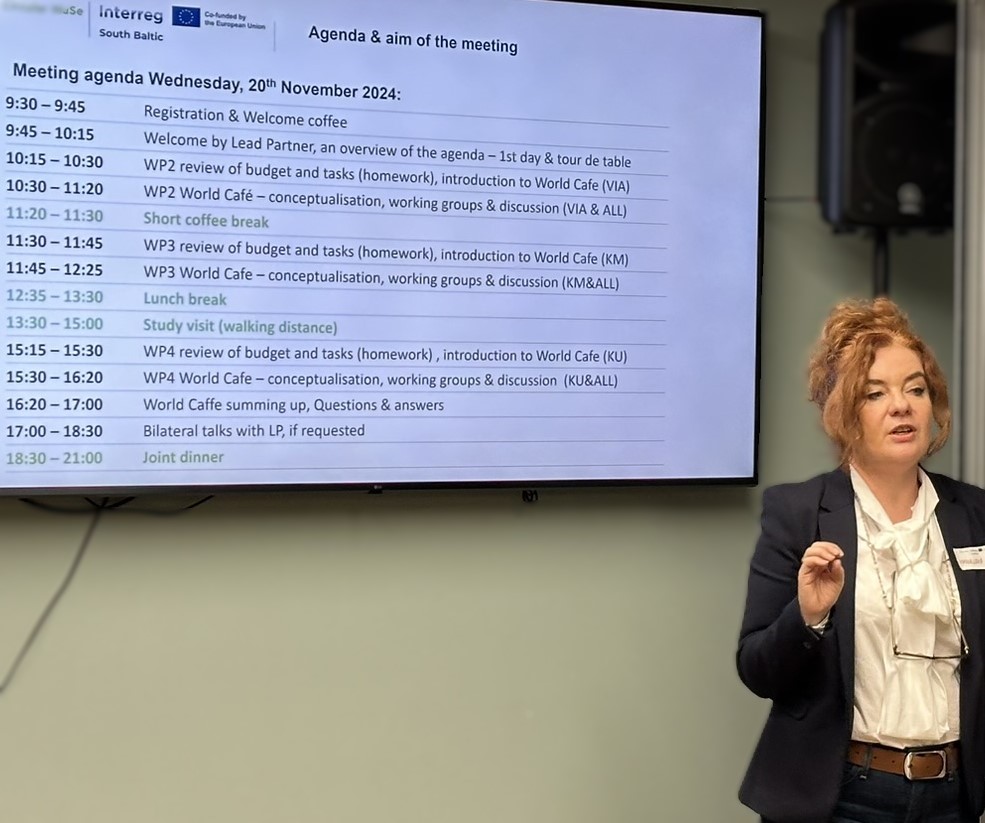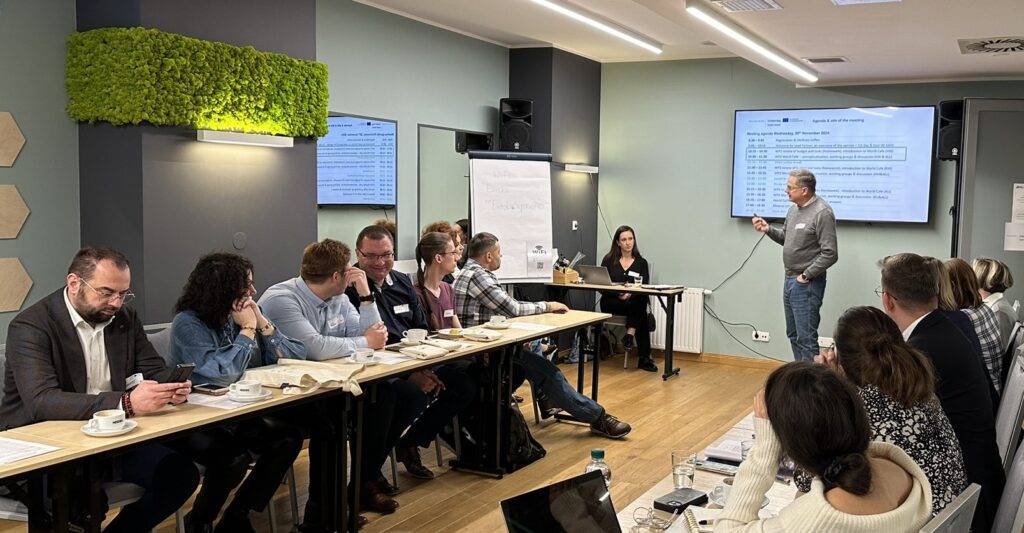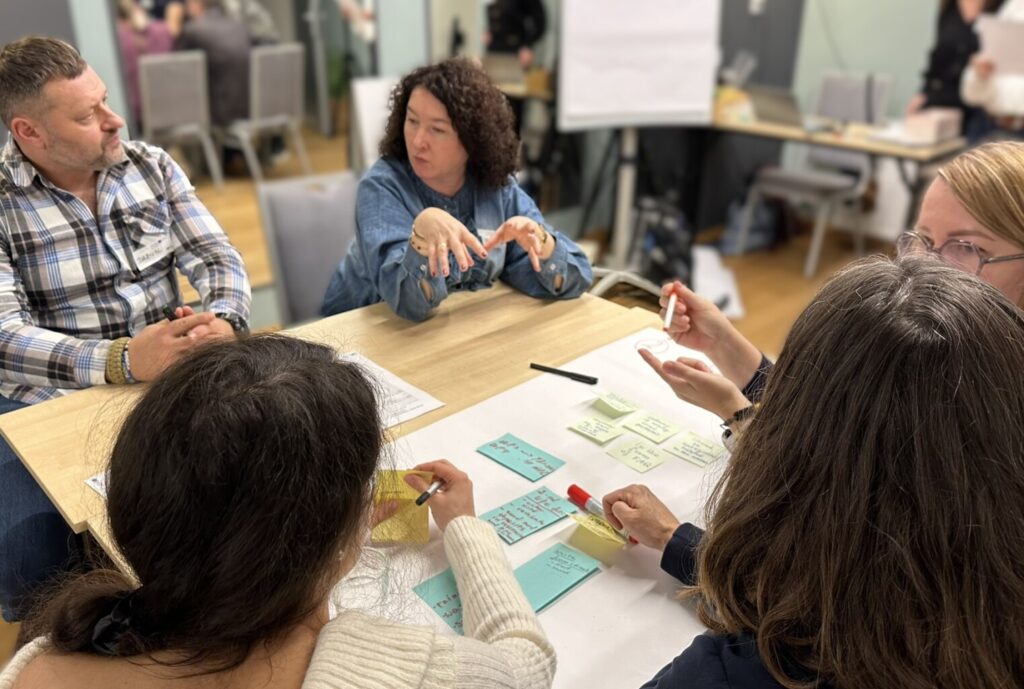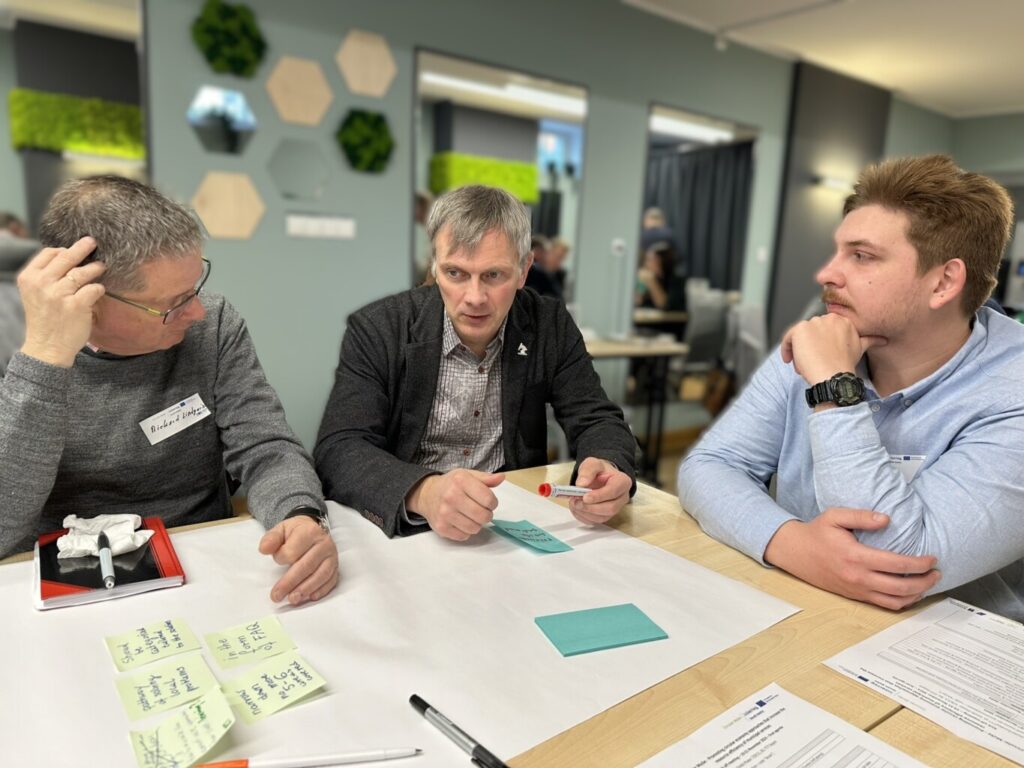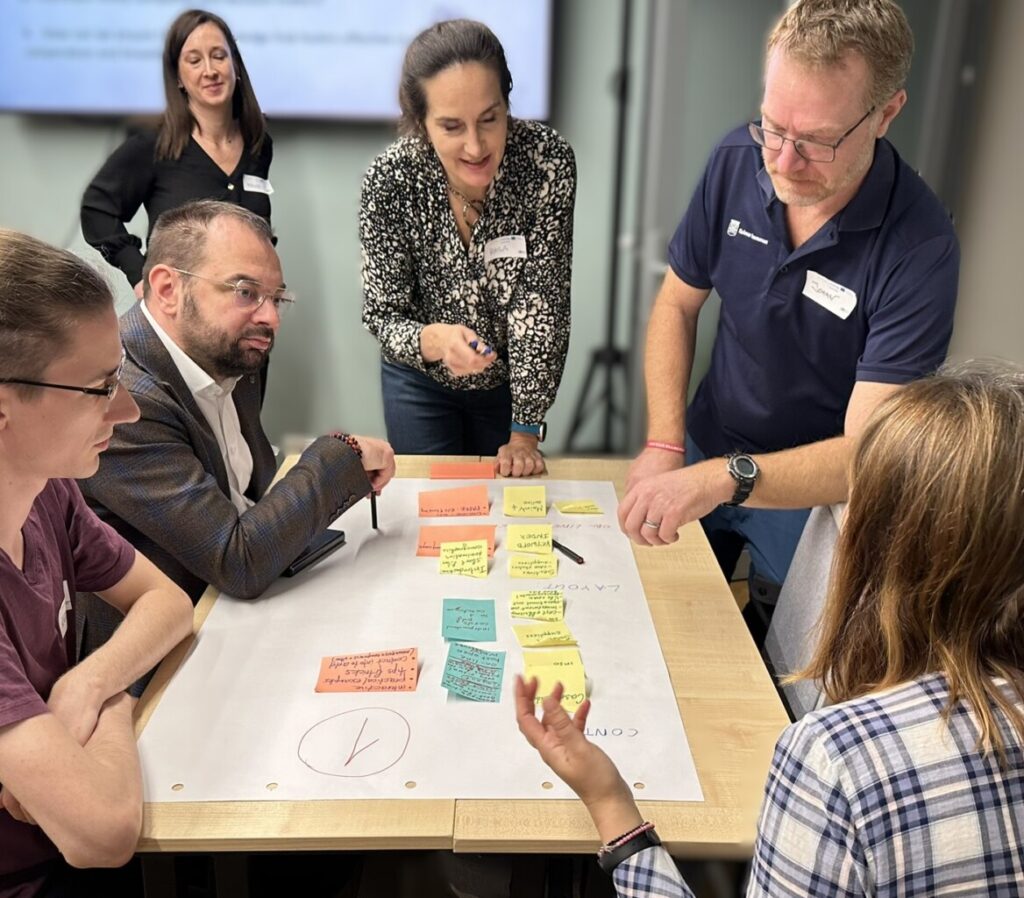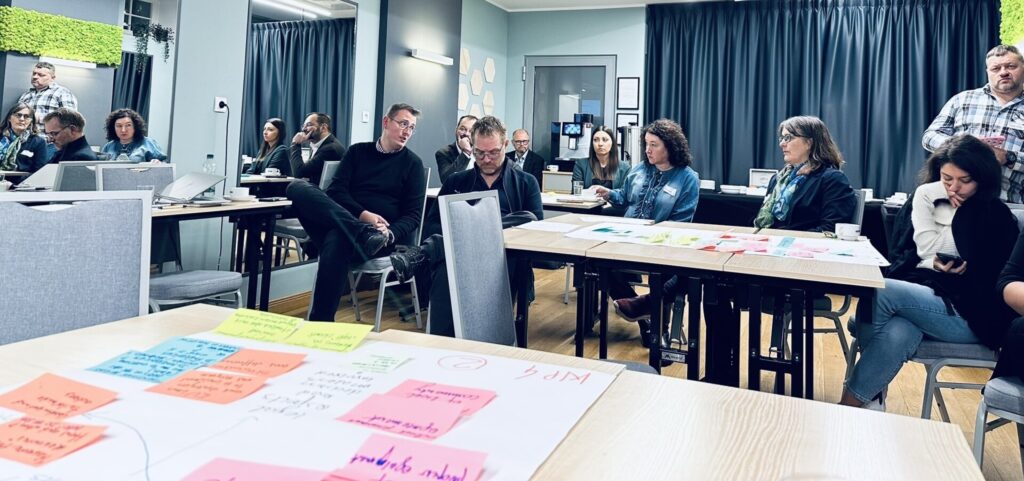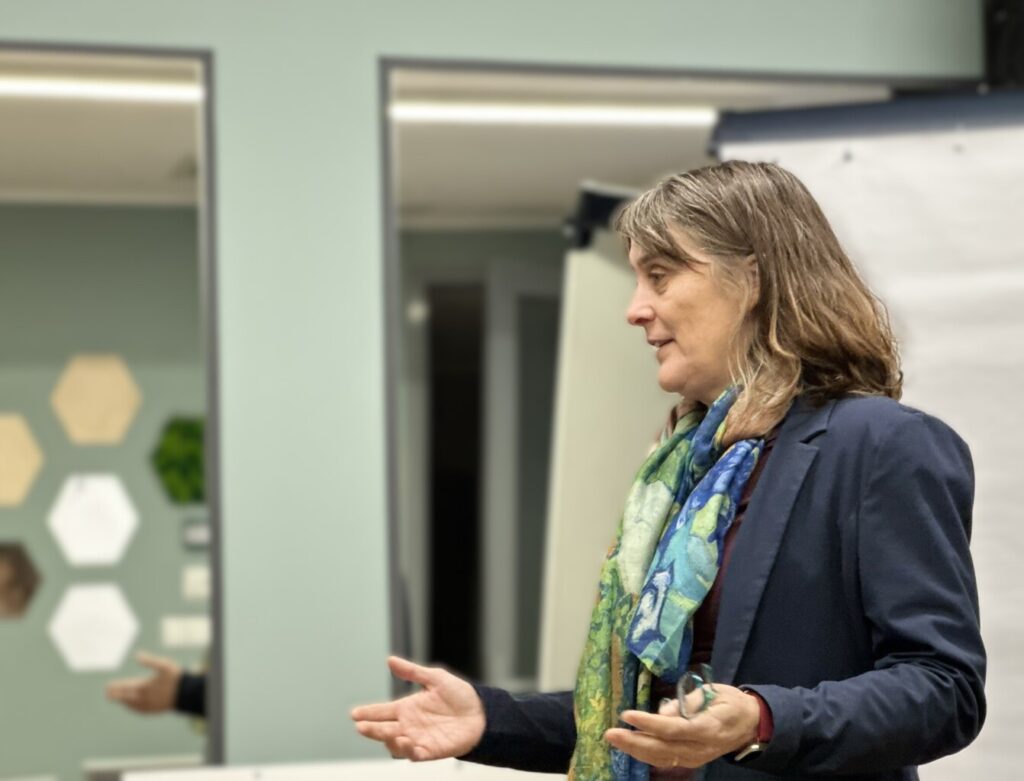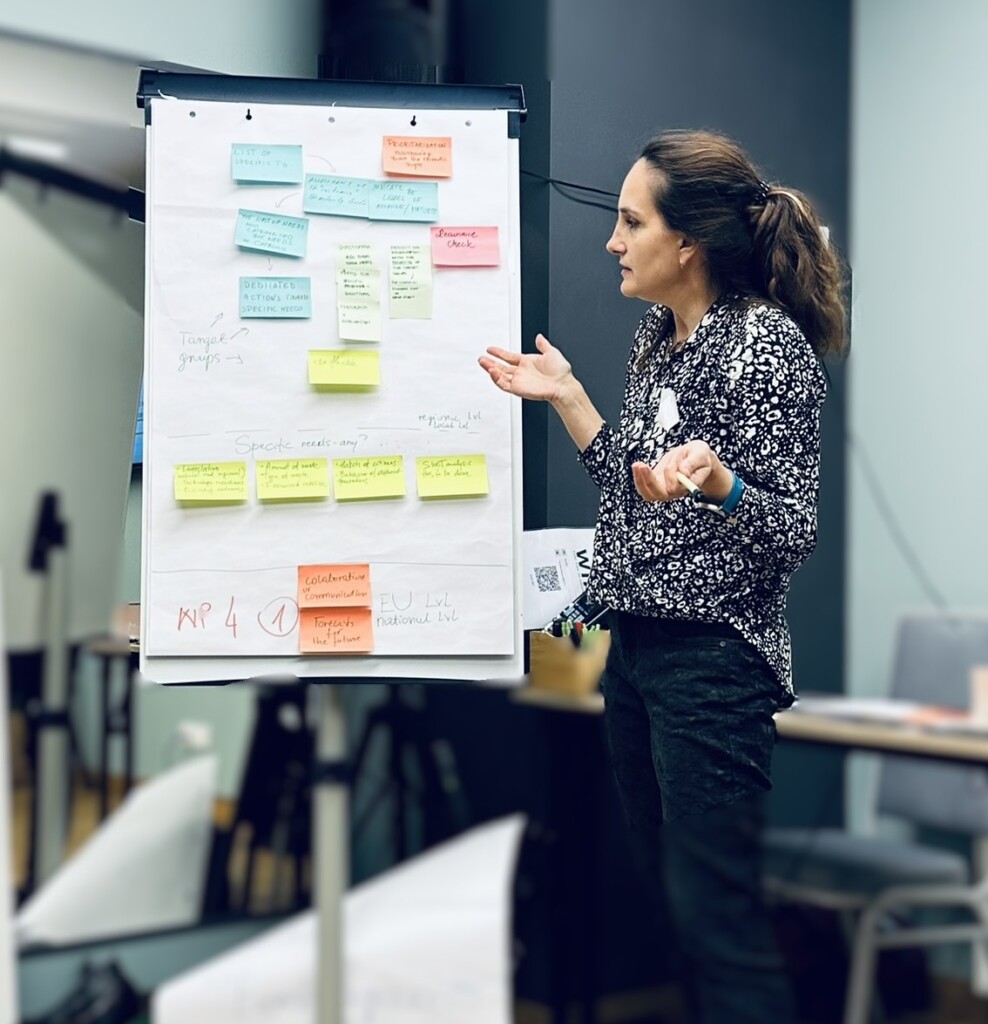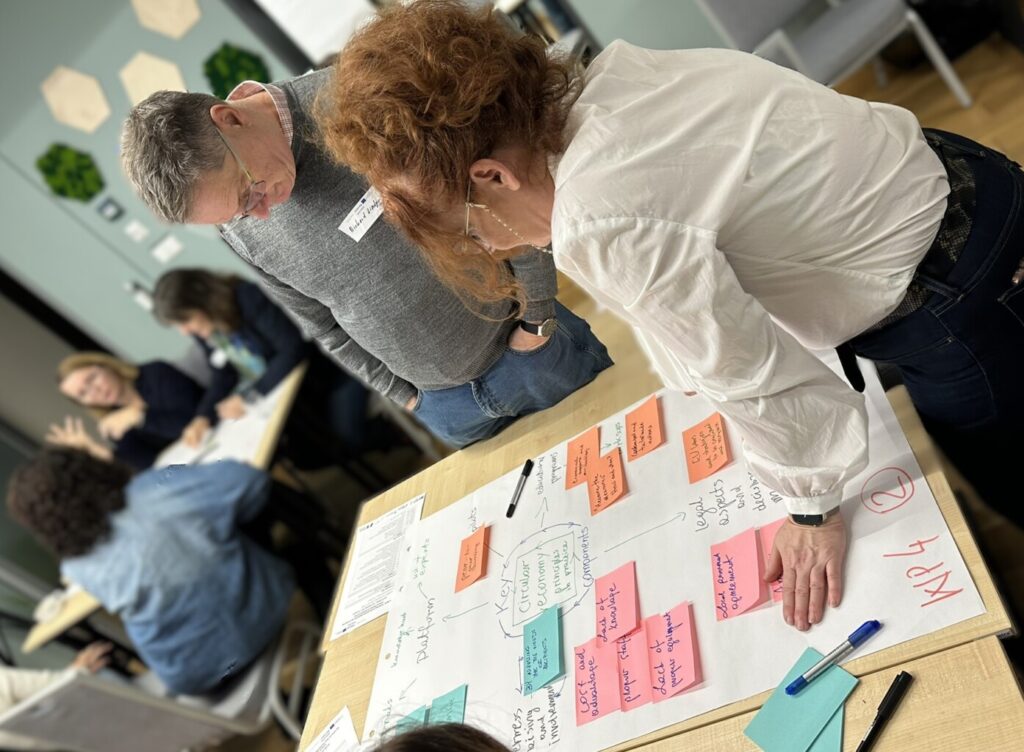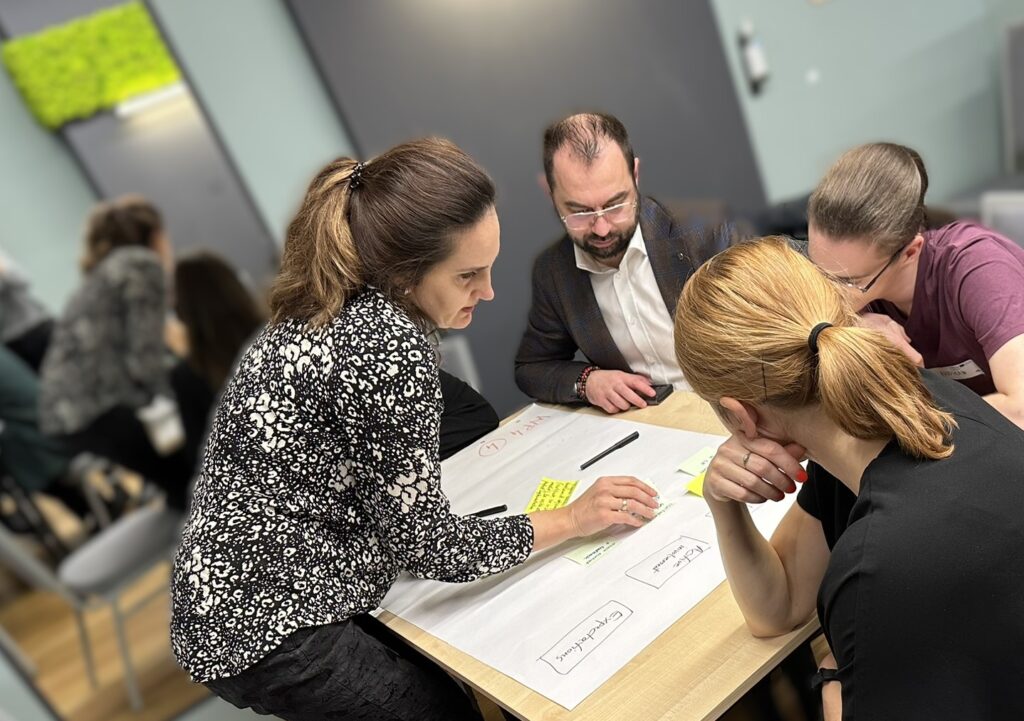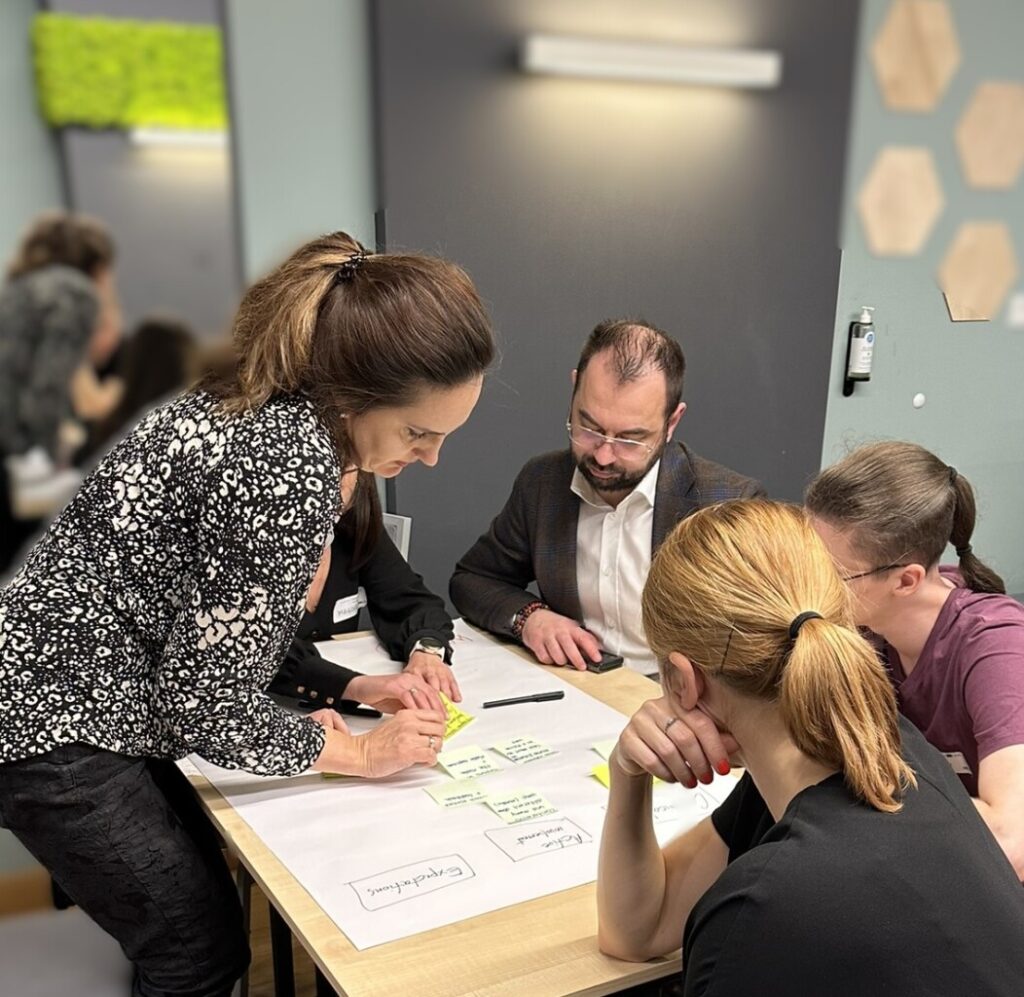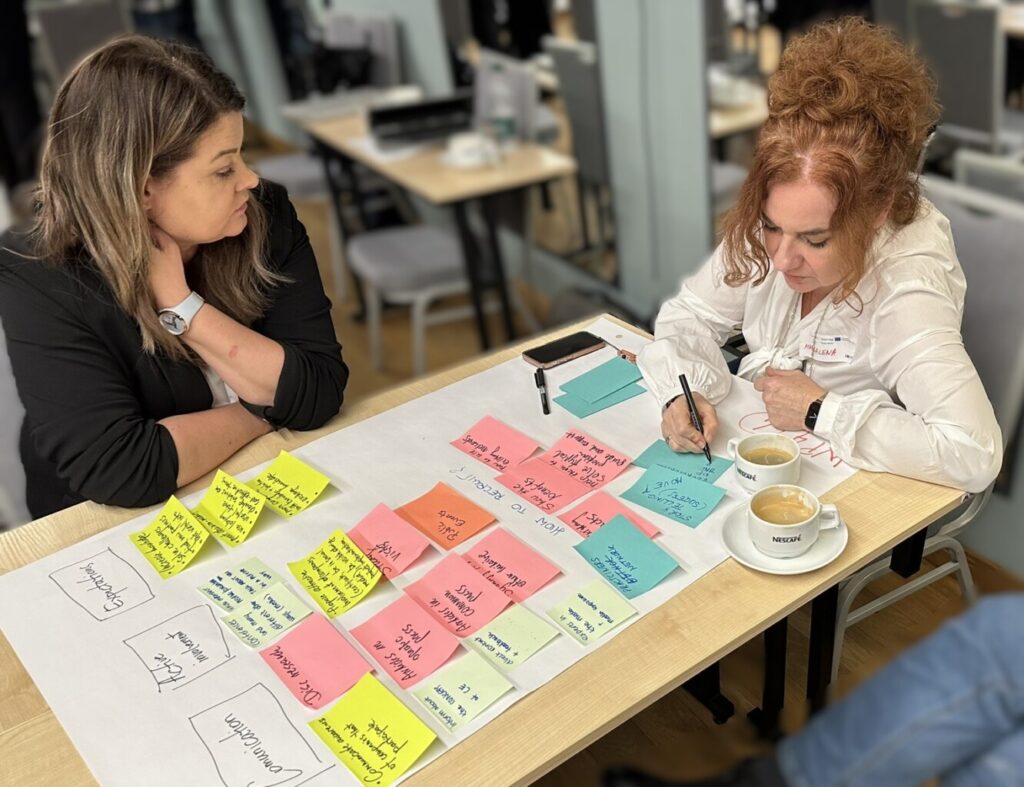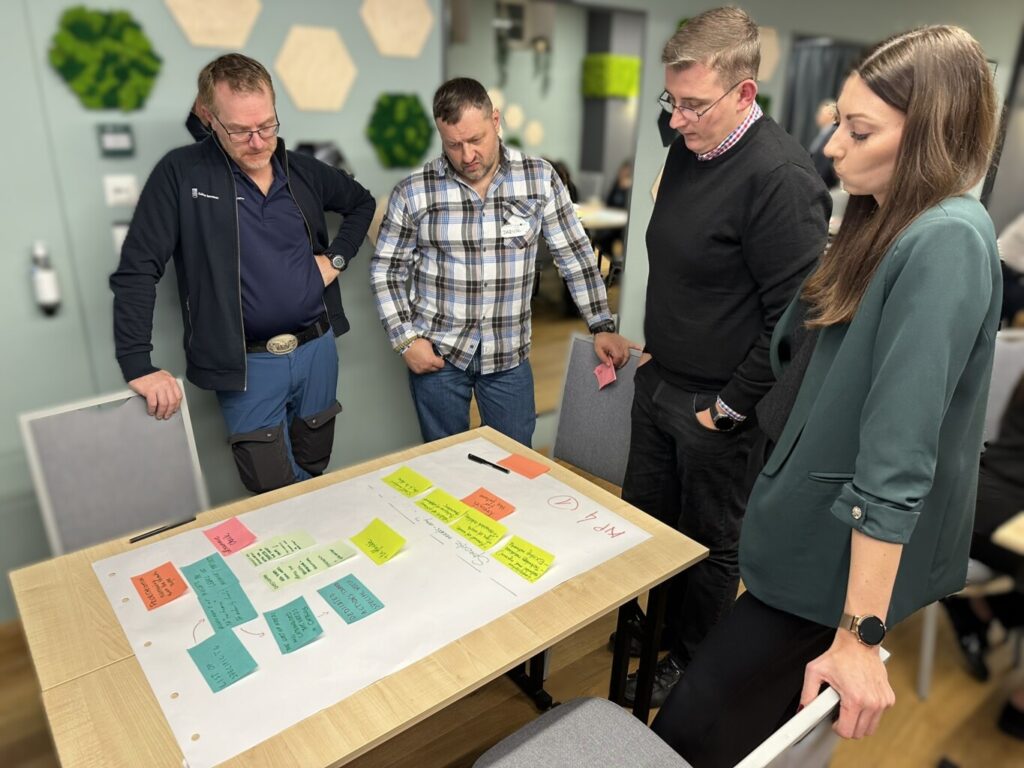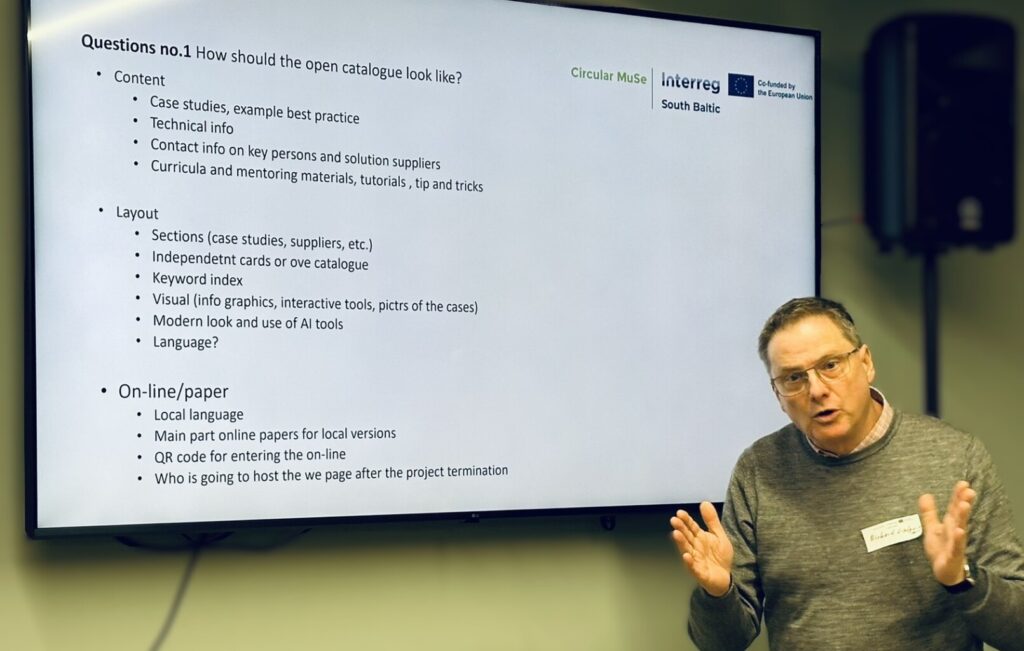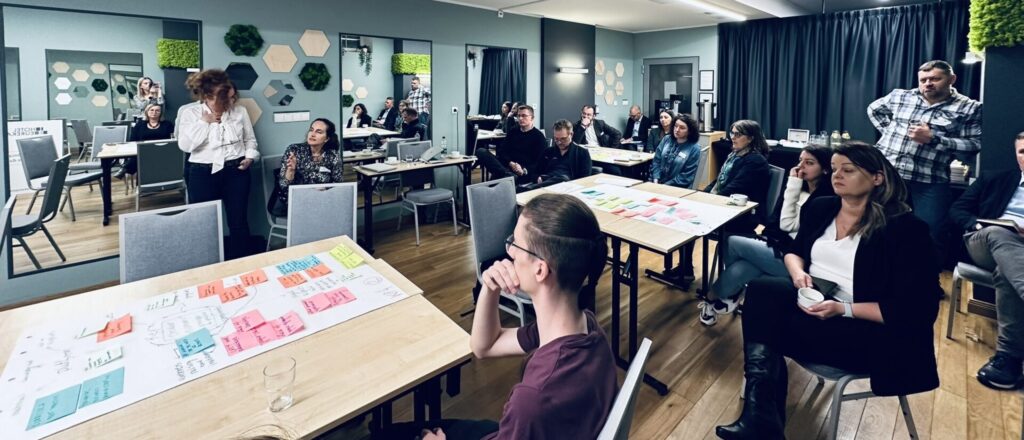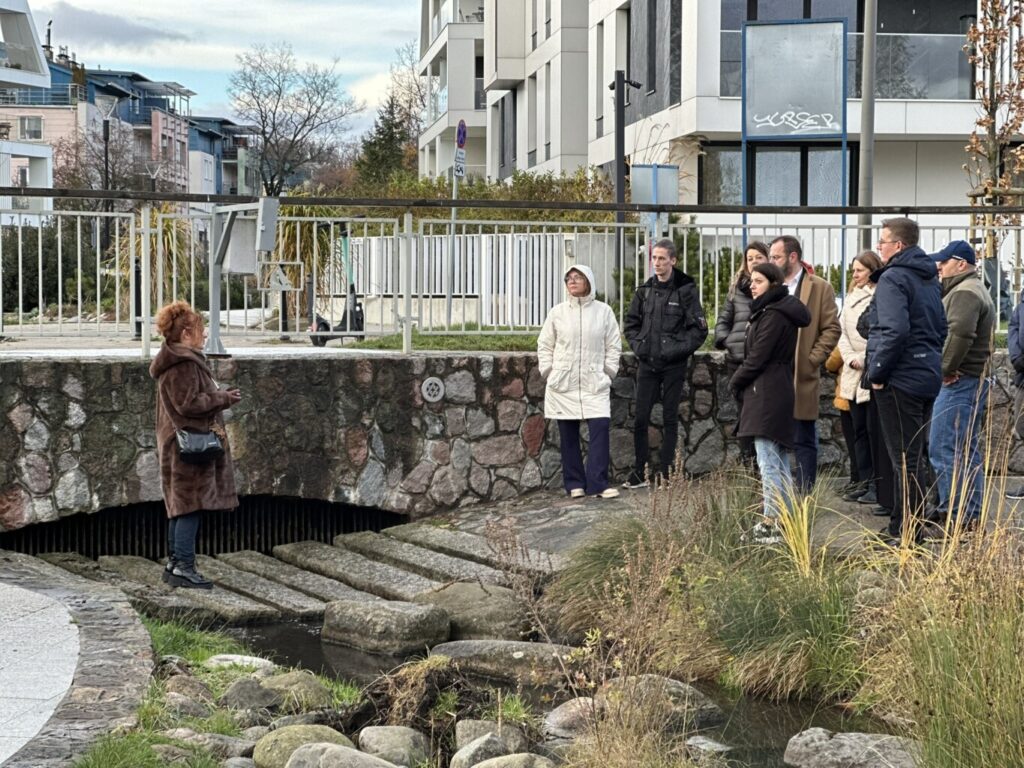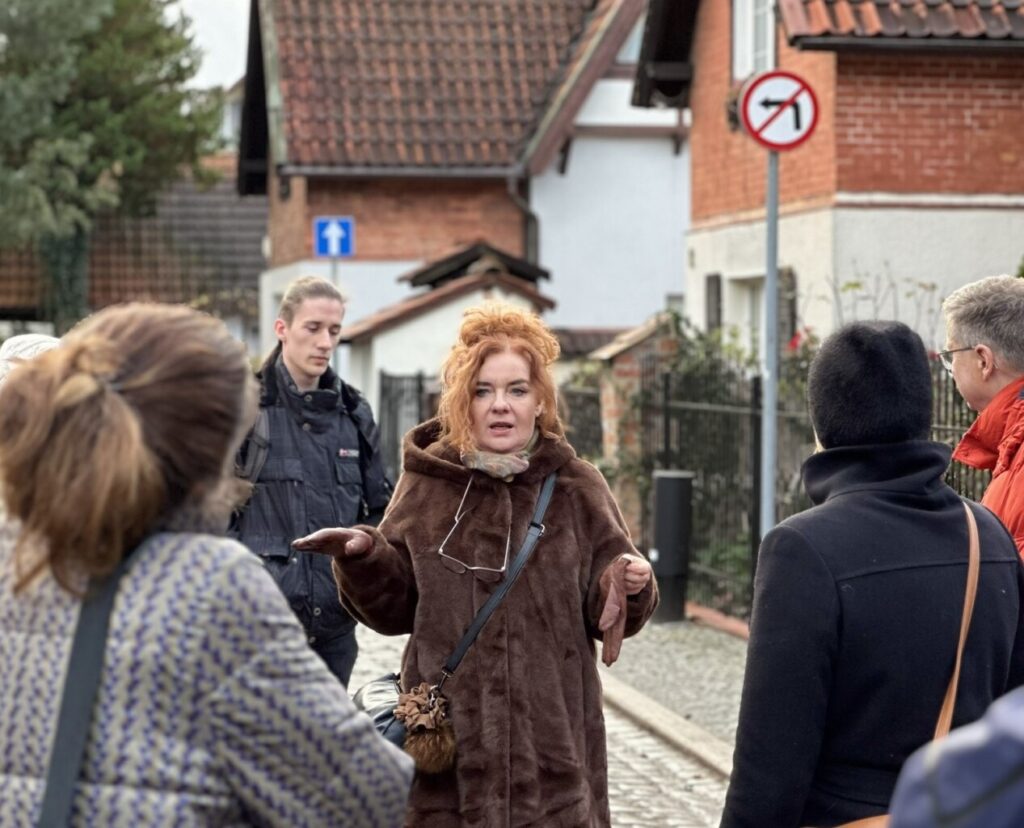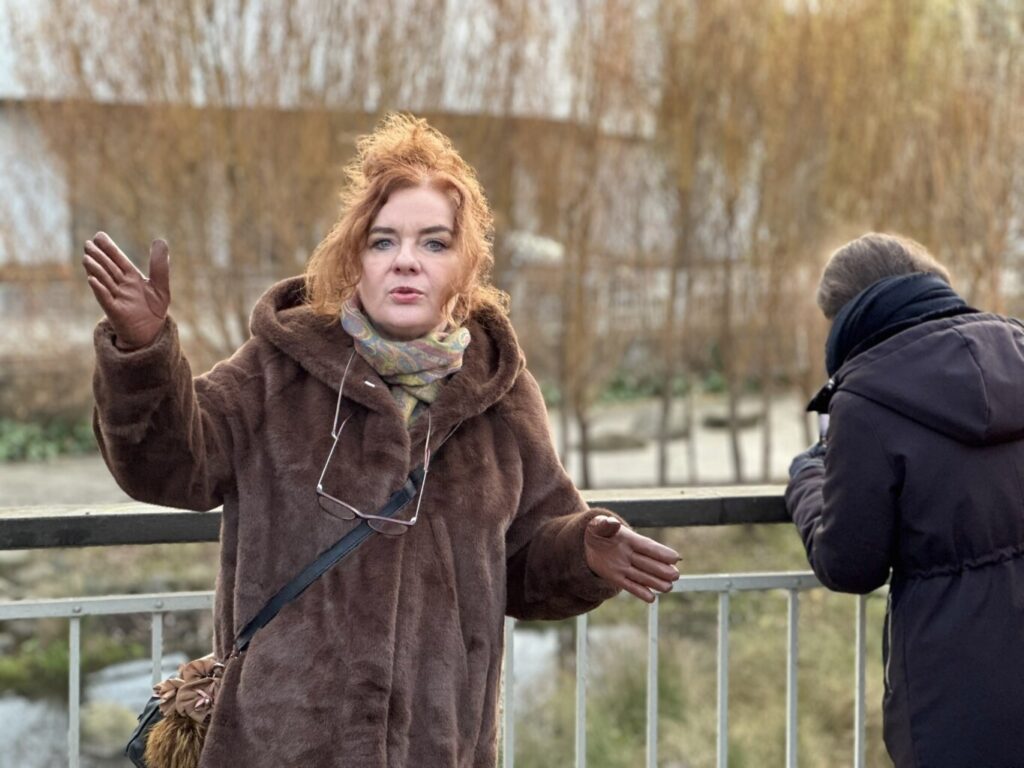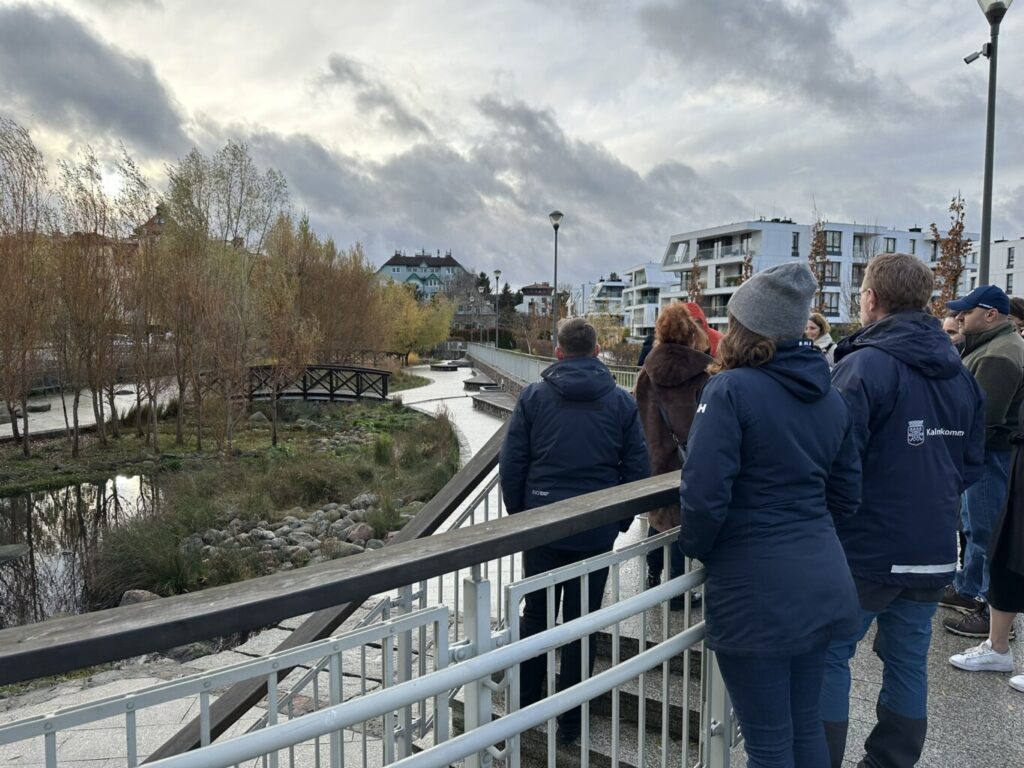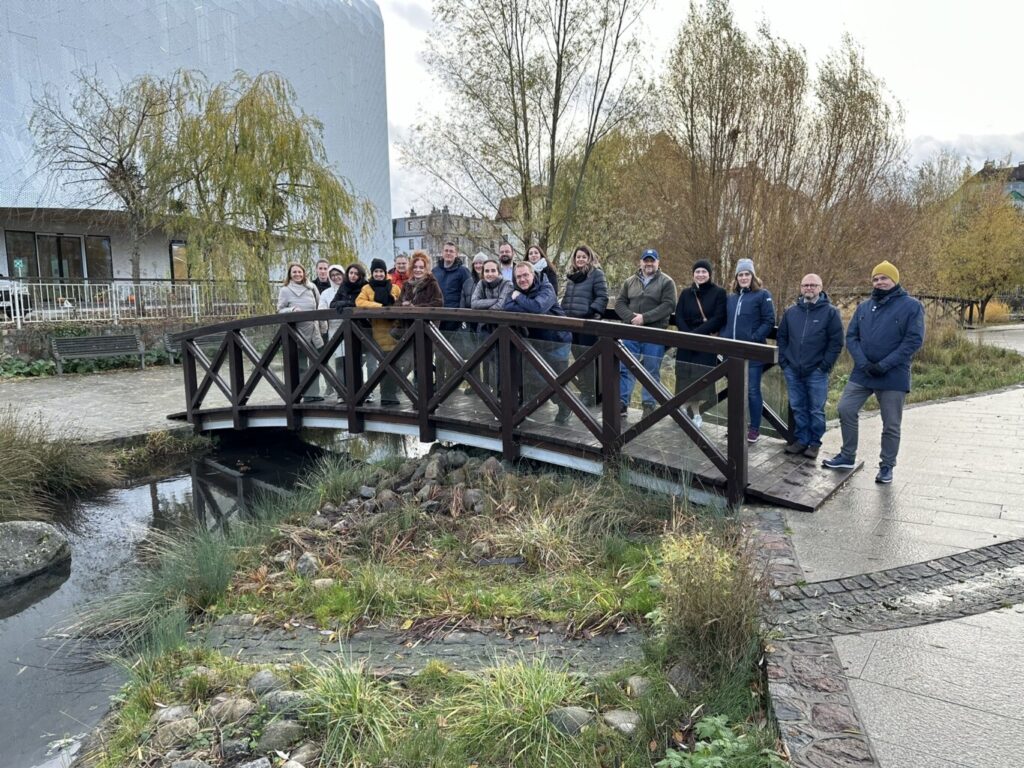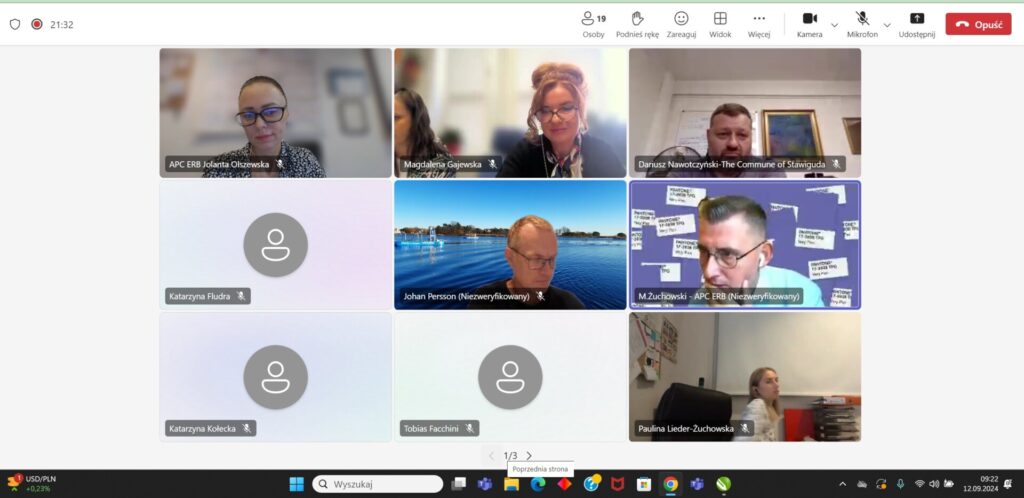We are pleased to present to you another project that we will be implementing over the next 3 years.
Circular MuSe - Promoting circular economy approaches that increase resource efficiency in municipal services
Implementation period: 36 months
Project duration: 2024-2027
Project value: EUR 1,424,656.00
PARTNERSHIP:
The project involves six partners from Poland (3), Sweden (1), Denmark (1), and Lithuania (1). The partnership consists of universities, municipalities, municipal service companies, and associations. The partners are supported by eight associated partners, including local and regional authorities, networks of such authorities, environmental authorities, and a technology park from Poland, Lithuania, Sweden, and Finland. The project is led by the Gdańsk University of Technology (Poland).
Project leader: Gdańsk University of Technology, Faculty of Civil and Environmental Engineering
Magdalna Kasprzyk - magda.kasprzyk@pg.edu.pl
Partners:
- Municipal Service Company Wejherowo, PL
- Municipality of Kalmar, Sweden
- Via University College, Denmark
- Association of Polish Municipalities Euroregion Baltic, Poland
- Klaipeda University, Lithuania
INTRODUCTION:
Municipalities and urban utility companies provide various services for residents and visitors. Offering these services involves a wide range of basic tasks and background operations (e.g., winter road clearing, street and other public infrastructure repairs, public space maintenance, etc.). Many of these municipal activities still rely on a linear economy paradigm, which involves excessive use of often raw materials (e.g., sand or gravel for winter road clearing), which become waste and are disposed of after a single use. The result is relatively high raw material consumption and waste generation during the provision of municipal services. Examples include:
- In Denmark, over 4,500 rainwater tanks require periodic cleaning, providing an opportunity for recycling sediments and exploring their reuse possibilities.
- In Sweden, mandatory stormwater treatment underscores the need for sediment tank management. There must be over 1,000 stormwater tanks across the country, with their number constantly increasing.
- In Poland, the disposal of approximately 1,000 tons of sand in Wejherowo, which eventually became waste, highlights the scope of circular practices in winter road maintenance.
Applying circular economy principles to these basic tasks and background operations could significantly reduce the environmental impact of municipal service provision in the South Baltic area. There are also potential leverage points to reduce raw material consumption and waste production within the direct sphere of influence of municipalities and urban utility companies, such as:
- Reusing raw materials within individual municipal services (e.g., reusing gravel for winter road clearing).
- Reusing raw materials across different municipal services, i.e., using materials currently disposed of as "waste" or by-products from one municipal service for other purposes within municipal service provision (e.g., separating and using sand collected by street sweepers for urban earthworks or sediments from rainwater retention for creating and/or fertilizing urban greenery).
However, broader use of this potential to optimize resource efficiency – and possibly costs if commodity prices continue to rise – by municipalities and utility companies in the SB area is not yet in place. The reasons are:
- There is still a lack of awareness and knowledge about applying circular approaches in municipal service provision, both on the part of utility management and urban decision-makers who can set efficiency goals. This is particularly true for smaller cities and rural municipalities, while larger cities are a step ahead in this regard. For example, none of the local and regional authorities in the SB area have been part of the "Circular Cities and Regions Initiative" (CCRI) launched by the European Commission under the Circular Economy Action Plan by 2022.
- There are already good practices in reusing "waste" or by-products of municipal services also in the SB area, including results from sectoral Interreg SB projects (e.g., STEP, WASTEMAN). However, knowledge about them is thematically dispersed and fragmented, and reuse in other municipal services is often not discussed in detail despite the potential. Therefore, it is not easy to capture and replicate these practices for followers, especially from other areas of municipal service provision.
- Particularly for smaller cities and rural municipalities in the South Baltic area, opportunities for capacity building and cross-border exchange on circular economy between sectors and borders are limited. No initiatives exist yet in this regard, and local and regional authorities do not participate in international networks addressing these issues.
PROJECT IDEA:
The Circular MuSe project takes a comprehensive and systematic approach to promote circular economy principles in municipal services throughout the South Baltic area.
The overall aim of the project is to support municipal companies and municipalities in smaller cities and rural areas in applying circular approaches that promote the reuse of raw materials in their supply chains, thus increasing resource efficiency in municipal services.
The overarching goal is to increase resource efficiency by minimizing raw material consumption and reducing waste through the reuse of materials in municipal service supply chains.
The project focuses on smaller cities and rural areas, recognizing their unique challenges and opportunities in the transition to a circular economy.
The project approach is based on three main objectives:
- Establishing the "South Baltic Knowledge Hub on Circular Municipal Services" to facilitate cross-border capacity building and knowledge transfer. This will be ensured by conducting an in-depth analysis to identify needs and potentials for applying circular economy solutions in various thematic areas of municipal services; inventorying existing technical organizational solutions applicable to circular municipal services; assessing replication possibilities and creating an open online catalog with case studies and information on "knowledge agents."
- Testing and evaluating new circular approaches to enrich the portfolio of available solutions. This will be ensured by conducting feasibility studies based on existing best practices and the latest international knowledge; implementing international workshops and peer review sessions to accompany pilot actions in the involved municipalities; jointly designing, testing, and evaluating new circular solutions by urban utility companies, documenting results, and providing guidelines and plans for followers.
- Implementing support measures based on jointly developed curricula for providing circular municipal services. This will be achieved by identifying target groups and their needs, with a particular focus on urban utility companies, smaller cities, and rural municipalities; tailoring educational and mentoring programs to the specific needs of target groups; organizing and implementing educational programs for urban utility companies and decision-makers, recruiting companies through municipal umbrella organizations, and facilitating thematic exchange workshops and study visits in Circular MuSe pilot cities.
PROJECT ACTIVITIES:
The project's activities are grouped into three content-related work packages. The first focuses on establishing the "South Baltic Knowledge Hub on Circular Municipal Services." It includes developing an open catalog of case studies and available solutions for circular municipal services, creating a set of modular curricula and mentoring programs for urban utility companies and urban decision-makers, and establishing an international network of circular economy experts from research and development institutions. The second work package focuses on the practical implementation and evaluation of innovative circular approaches within municipal services, involving planning, implementing, and evaluating pilot solutions for technical-organizational practices in circular municipal service provision. The final work package plans educational and mentoring programs for urban utility companies along with international workshops connecting practitioners and researchers.
TARGET GROUPS:
The project's target groups are urban utility companies in smaller cities and rural areas, smaller cities and rural municipalities, and associations of municipalities and/or sectoral urban utility companies.
ROLE OF THE ASSOCIATION:
Umbrella partner for Polish organizations (local governments: Wejherowo and Stawiguda) and entities located within the Association's area of operation, enabling interested entities in circular municipal management to directly engage in planning the project's results and contribute to creating universal knowledge.
PROJECT BRIEF
Program: Interreg South Baltic
Project Area: Circular economy, improving municipal management, better utilization of resources and raw materials
Project Scope: Local and transnational
Role of STG ERB: Partner with its own budget
Funding Level: 80%
Project Budget: 1 424 656,00 EUR
STG ERB Budget: 69 500,00 EUR
Project Consortium: The project is implemented jointly with 14 full partners and 7 associated partners from Poland, Lithuania, Sweden, and Denmark.
